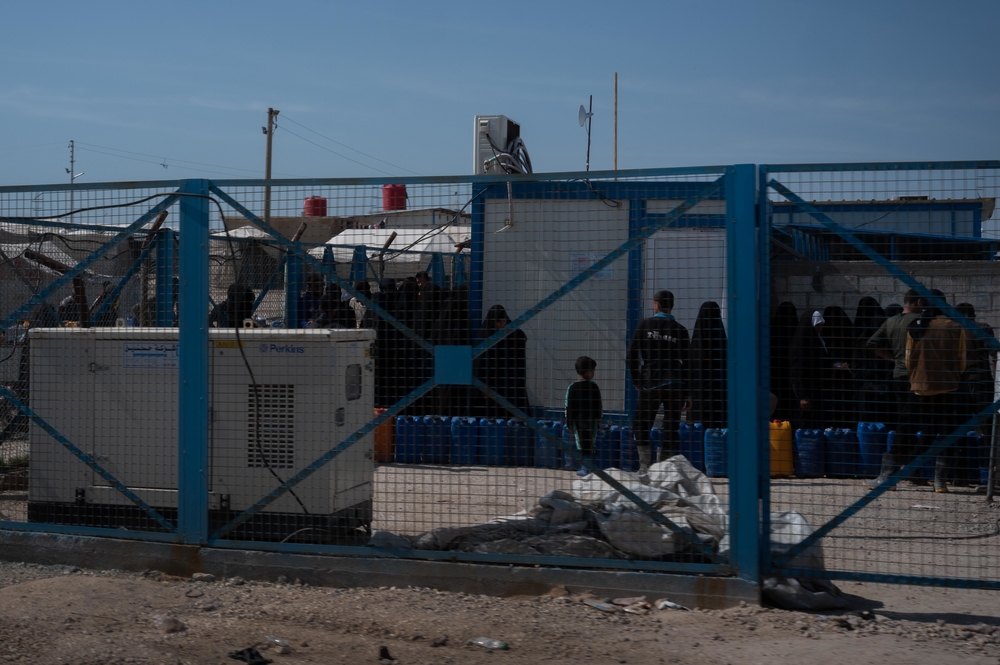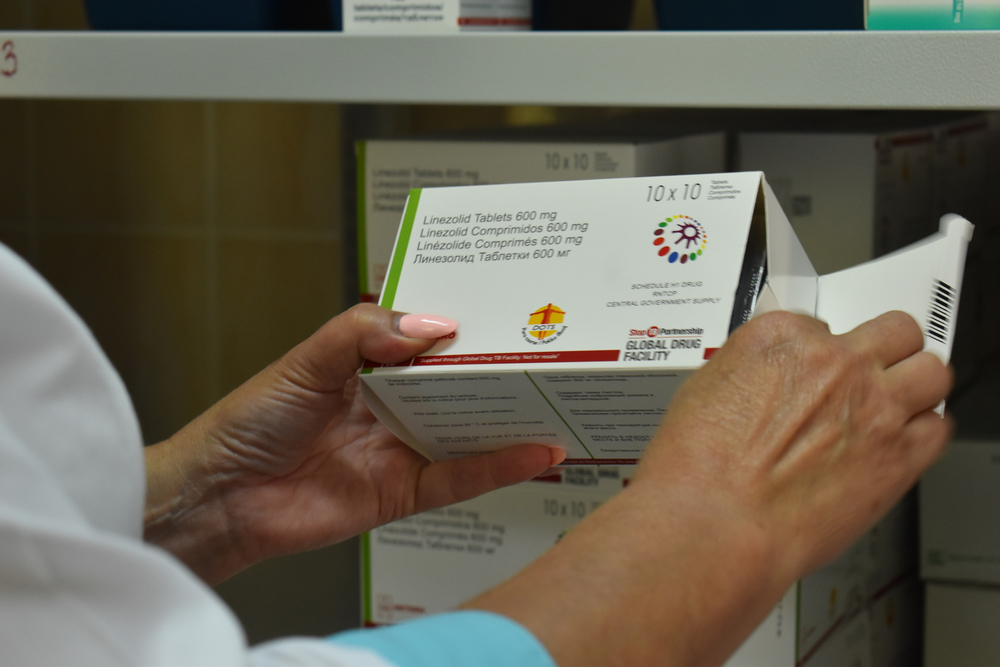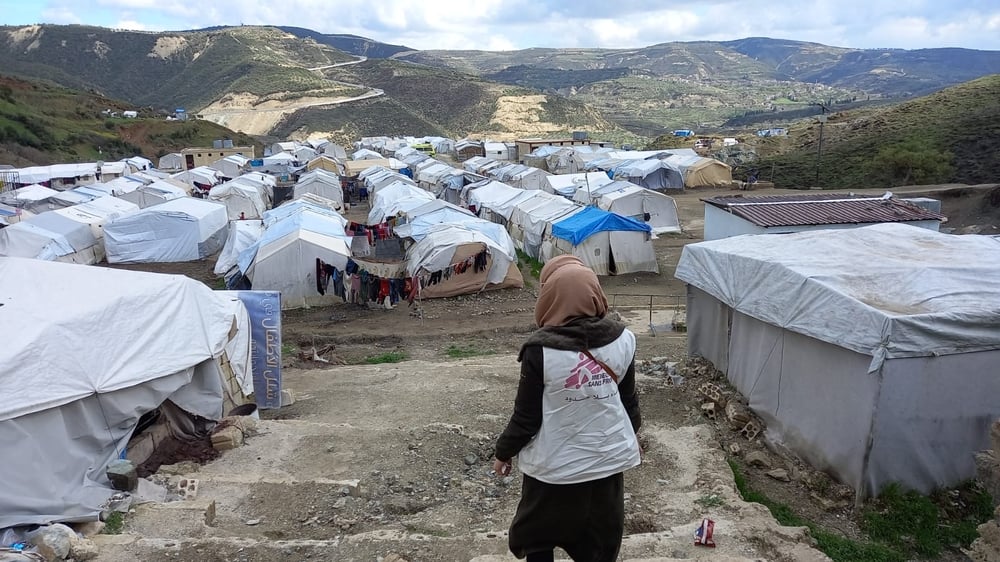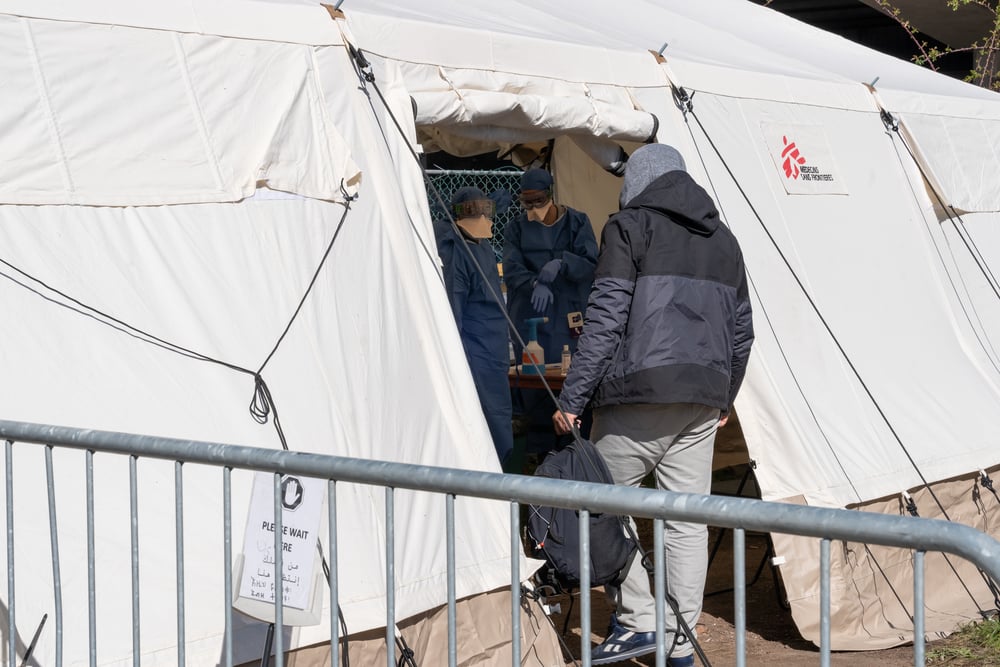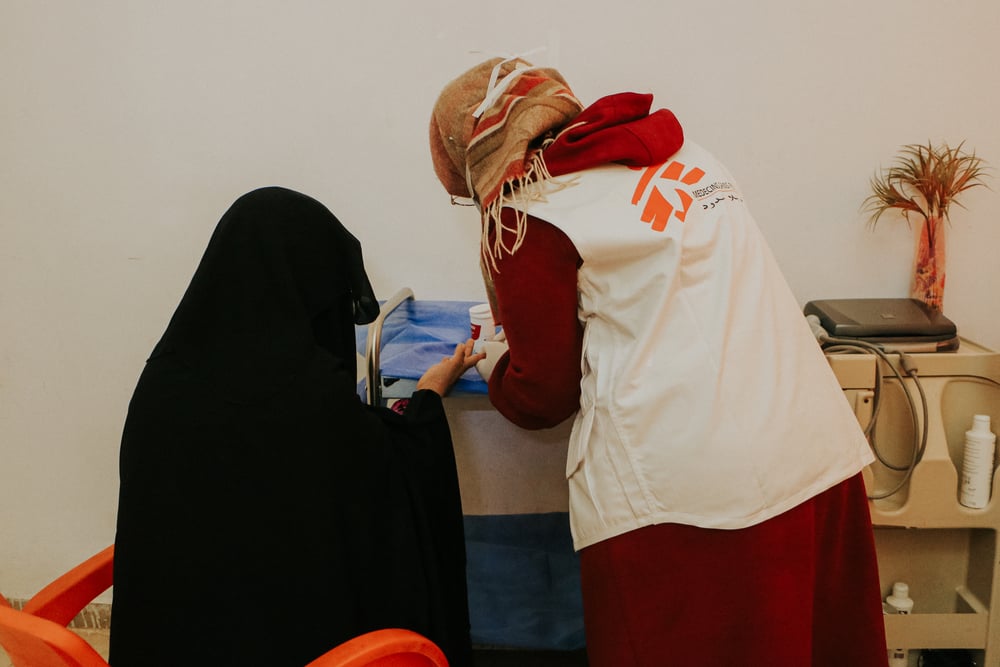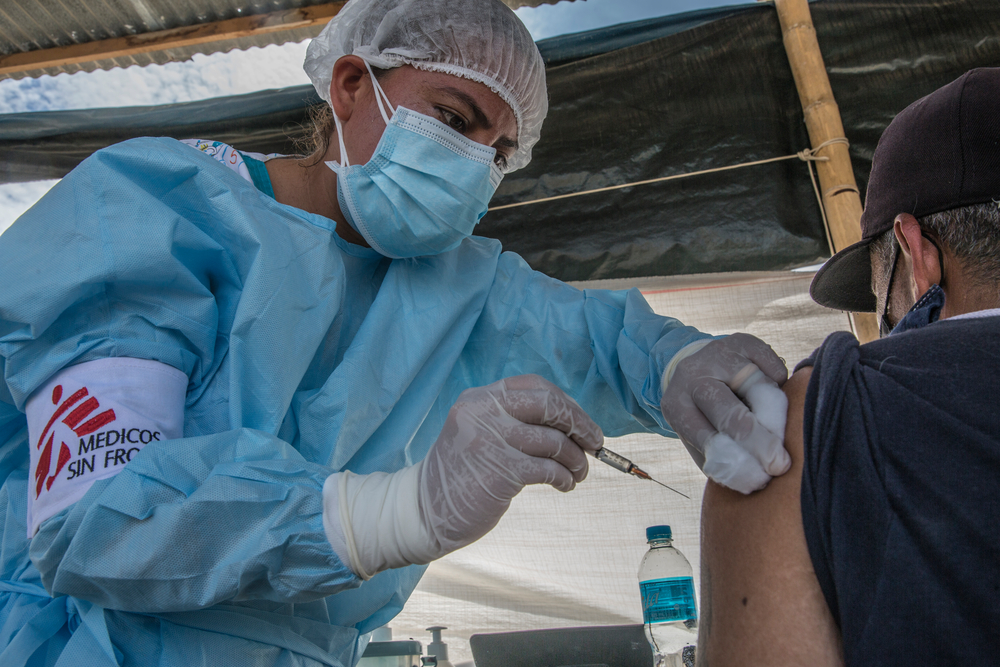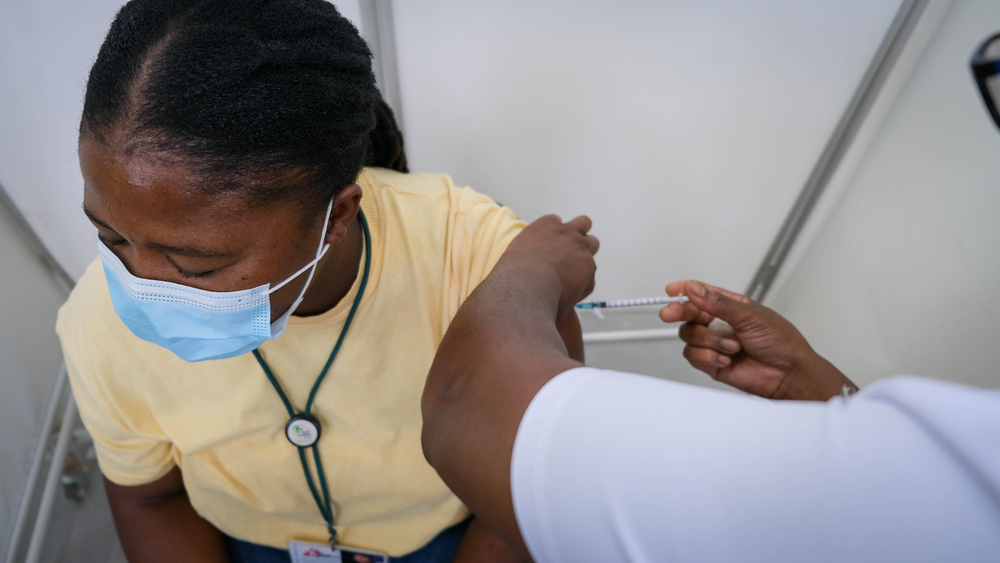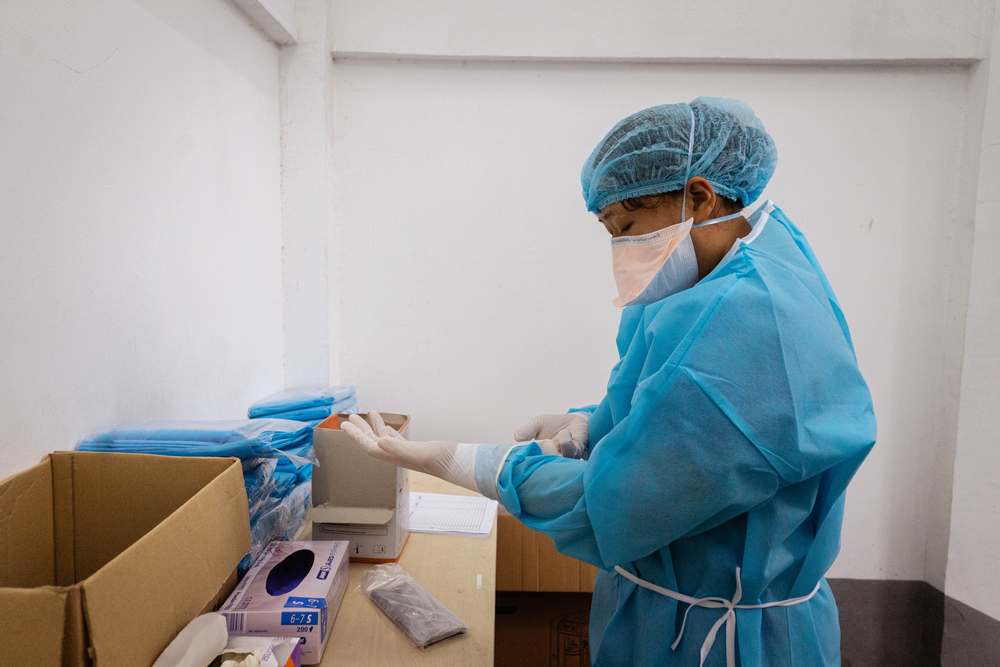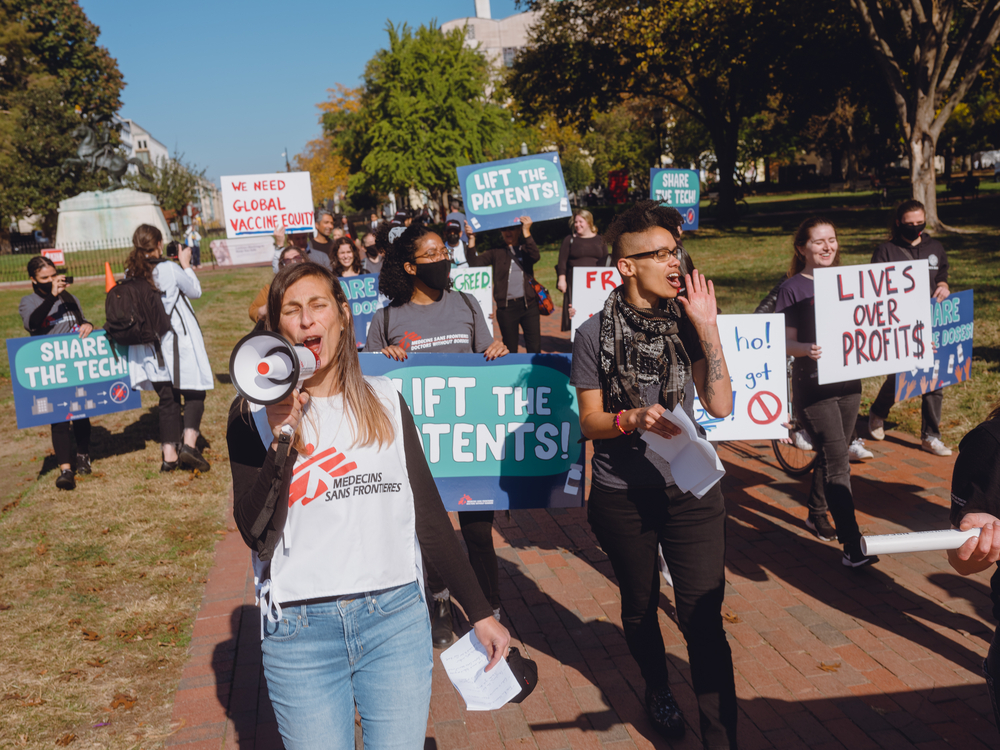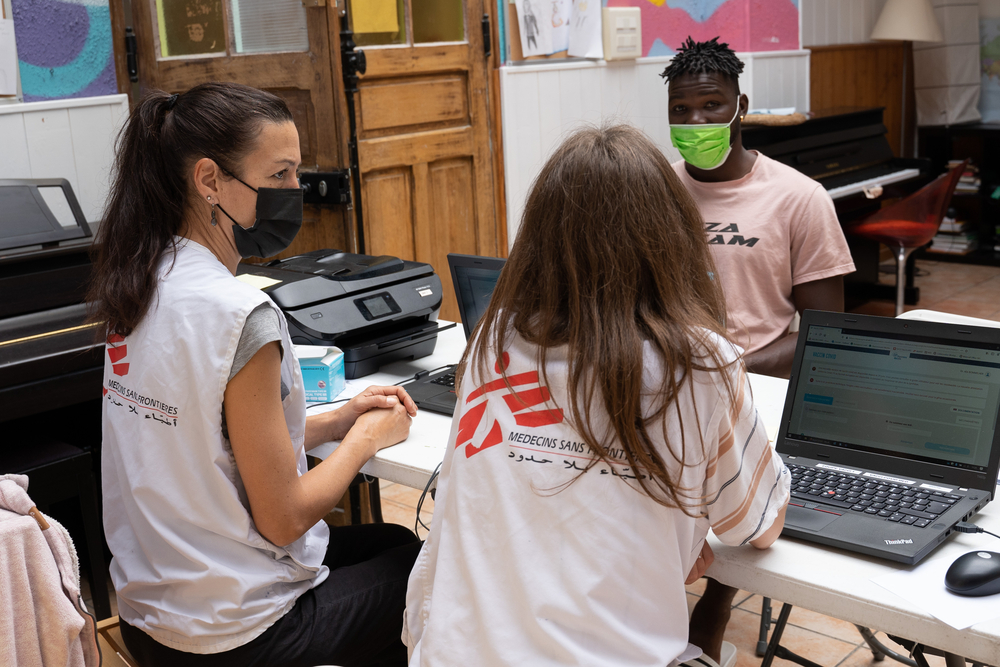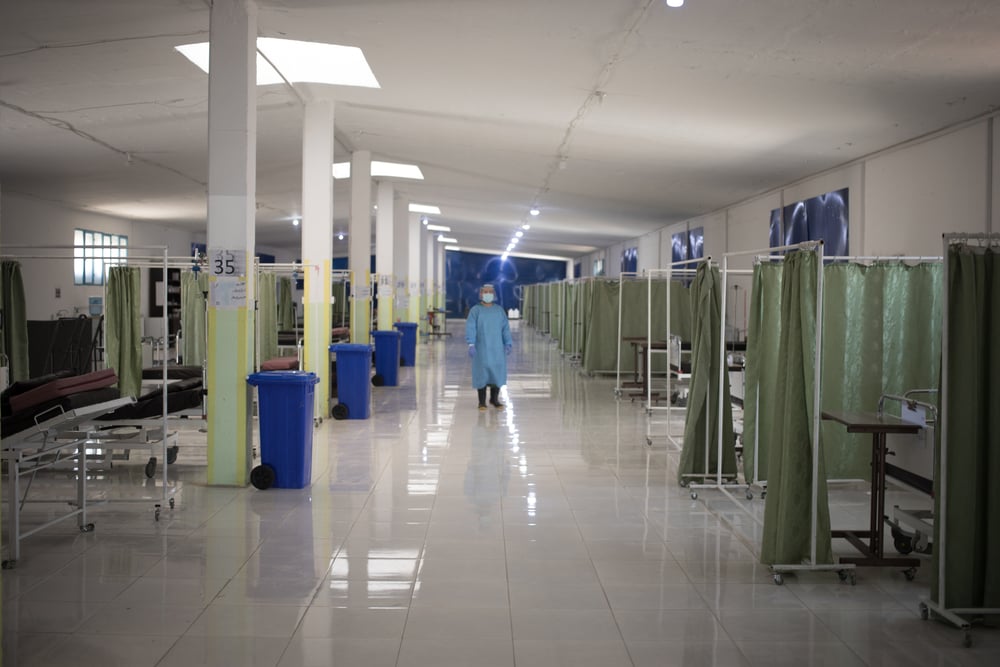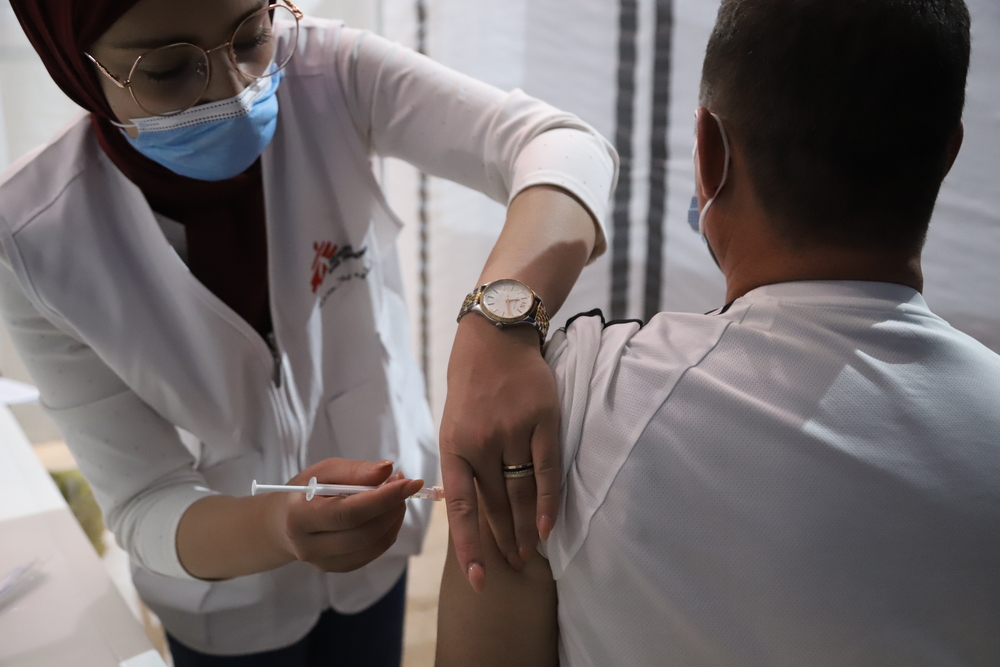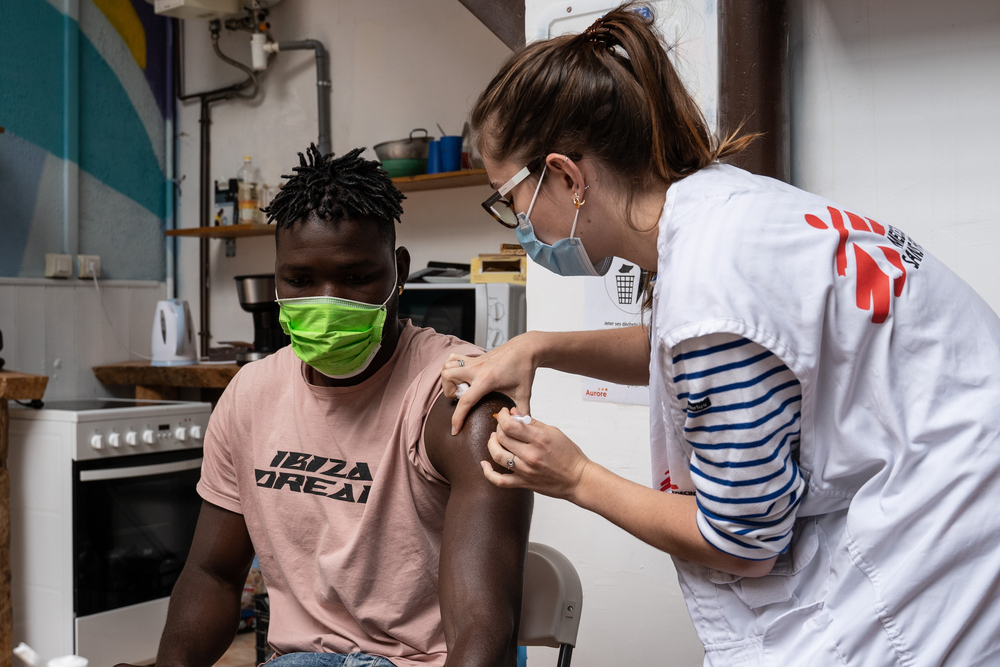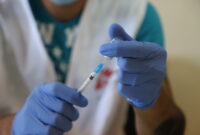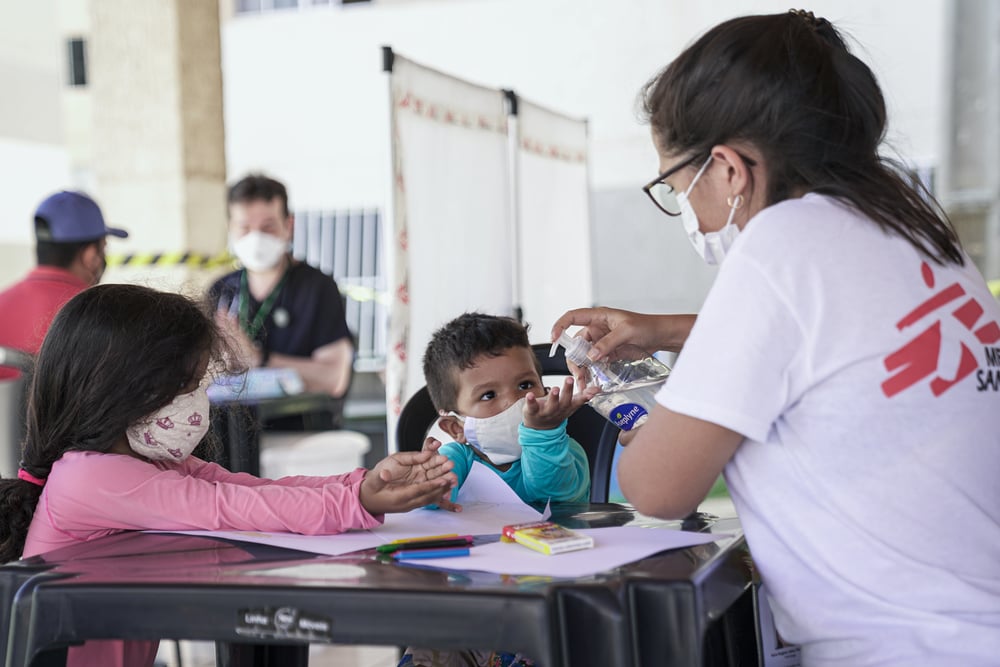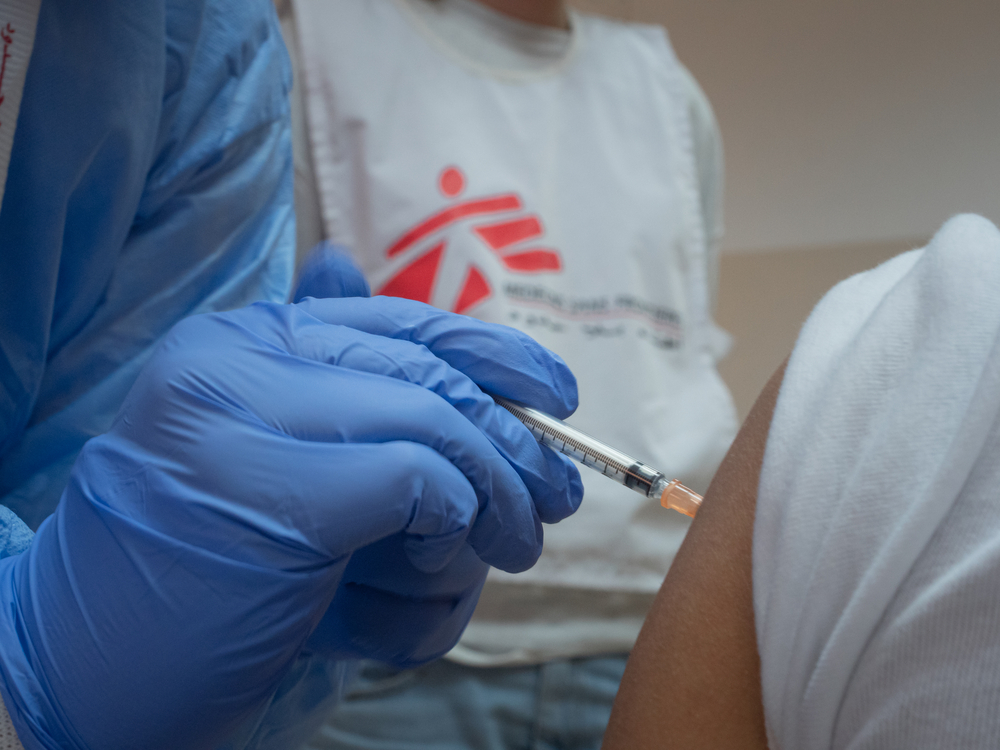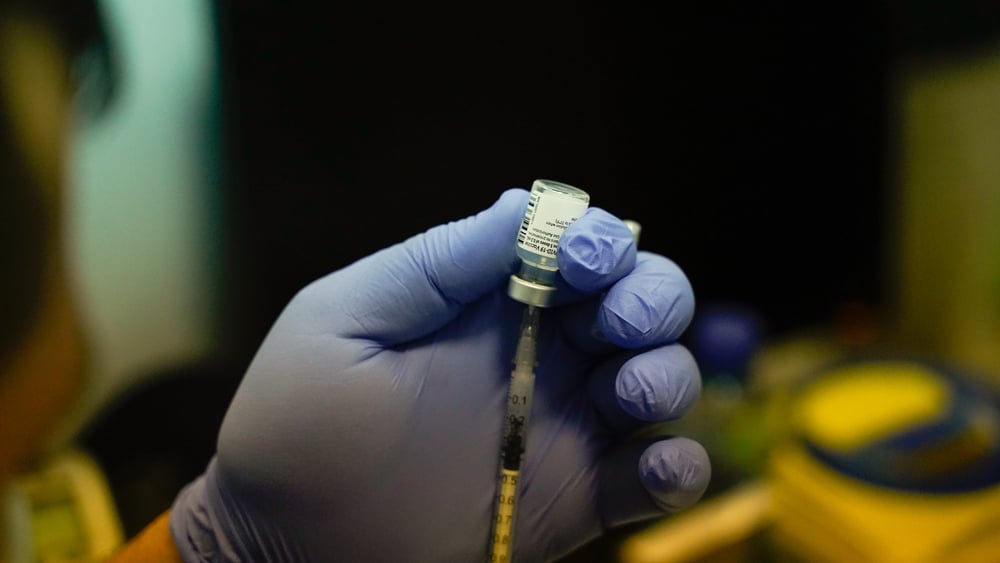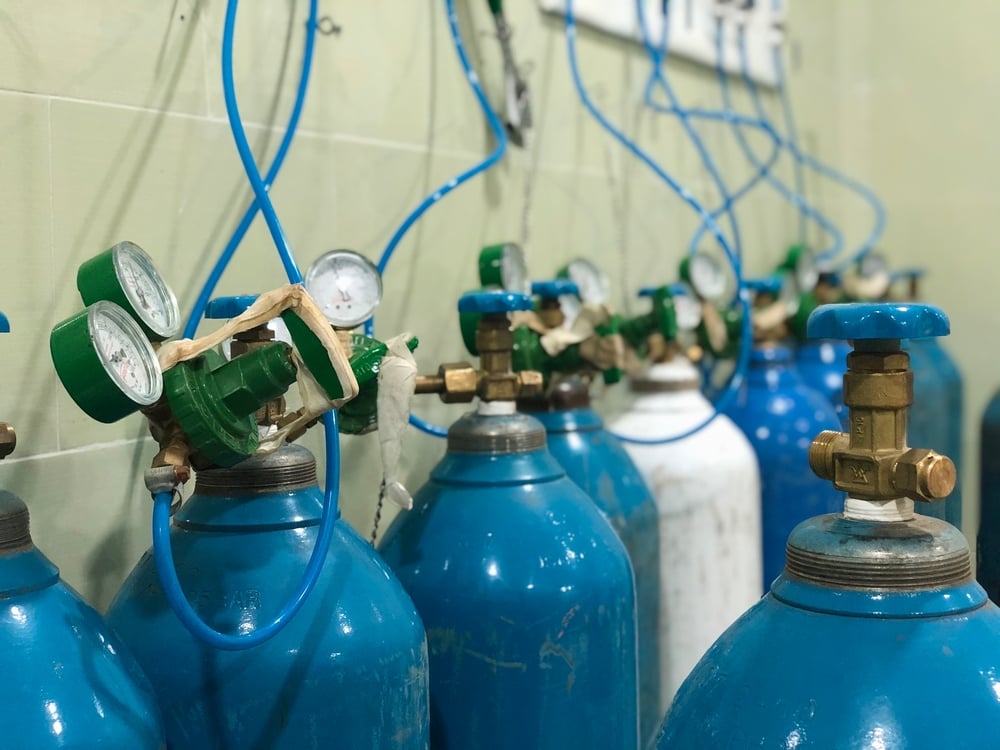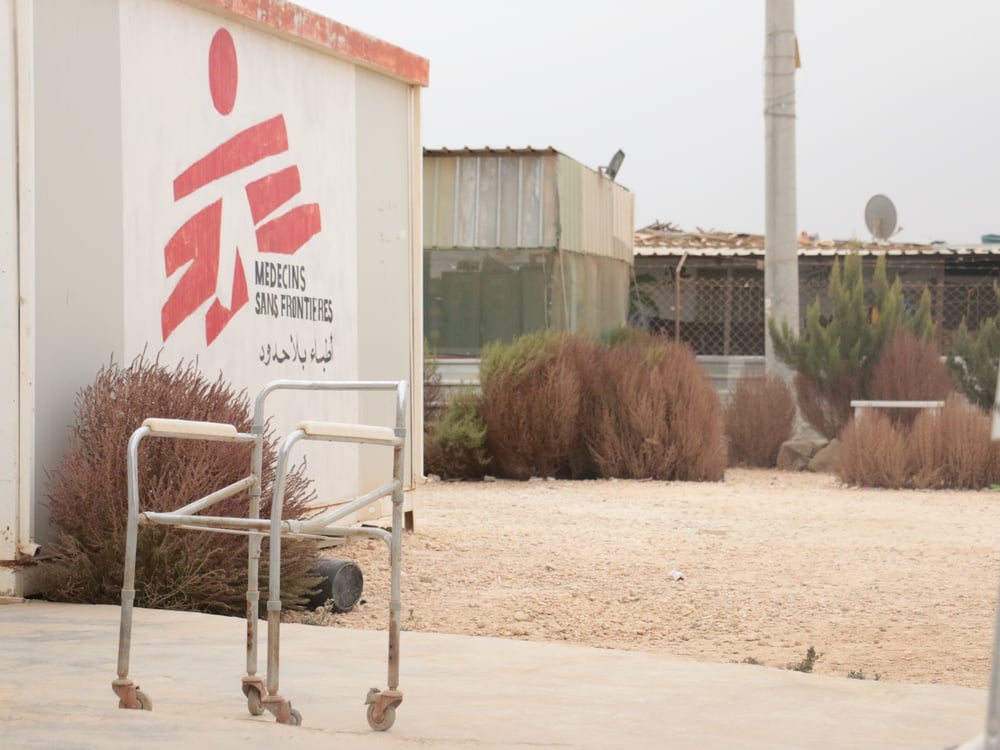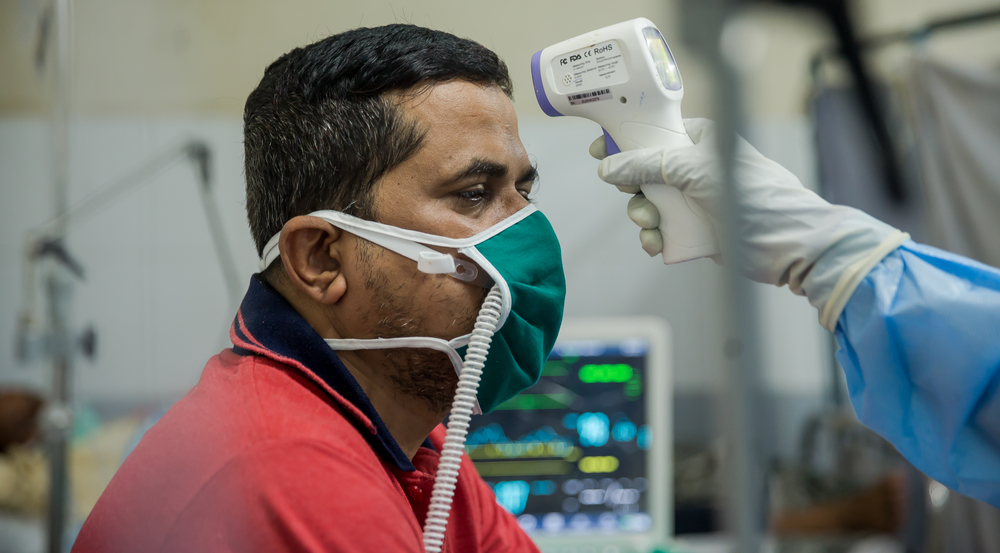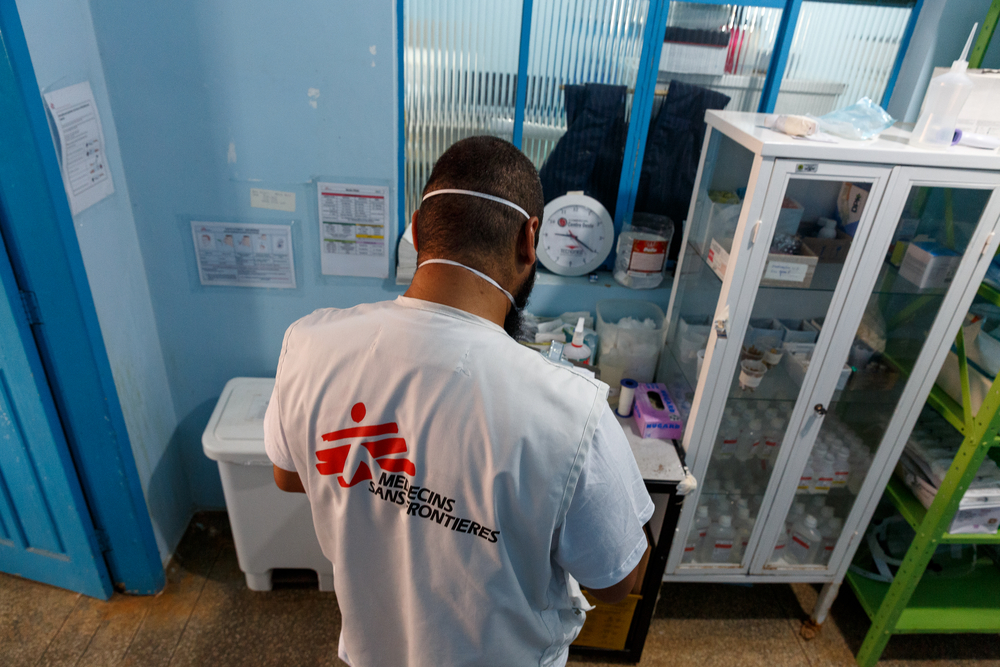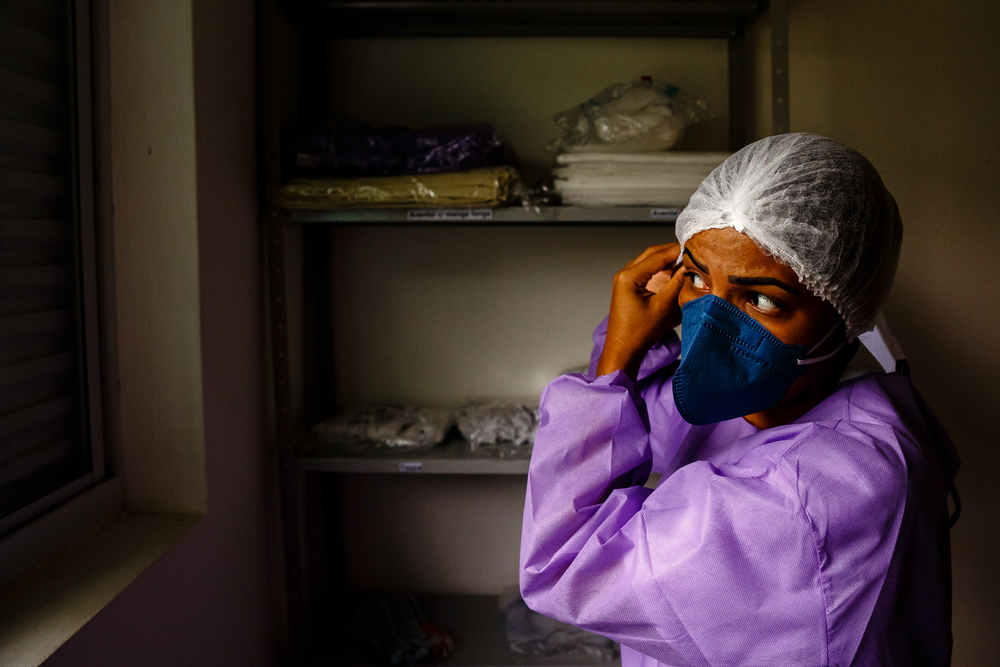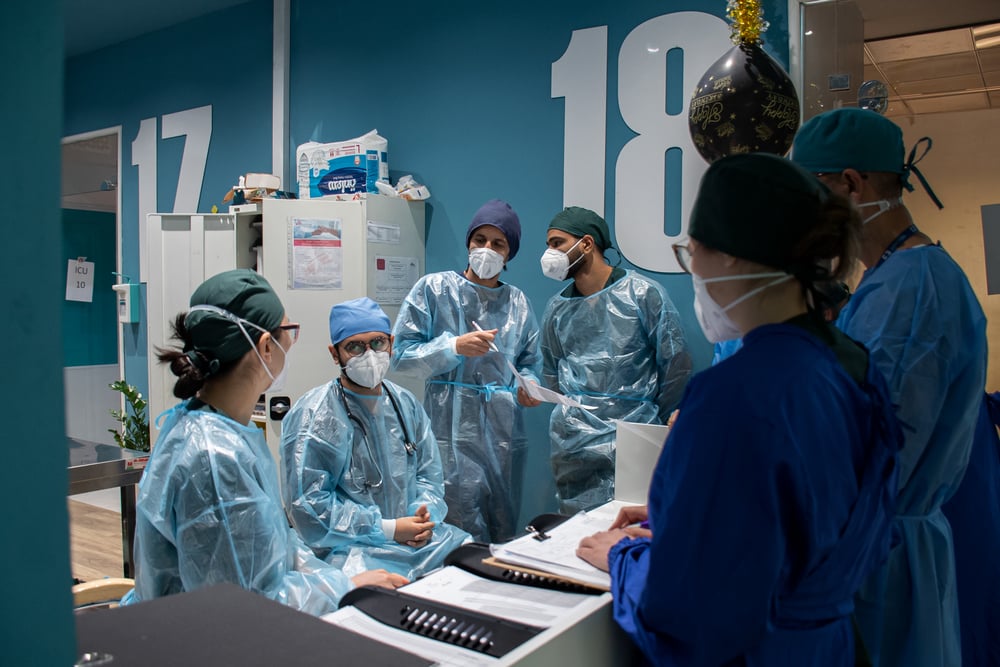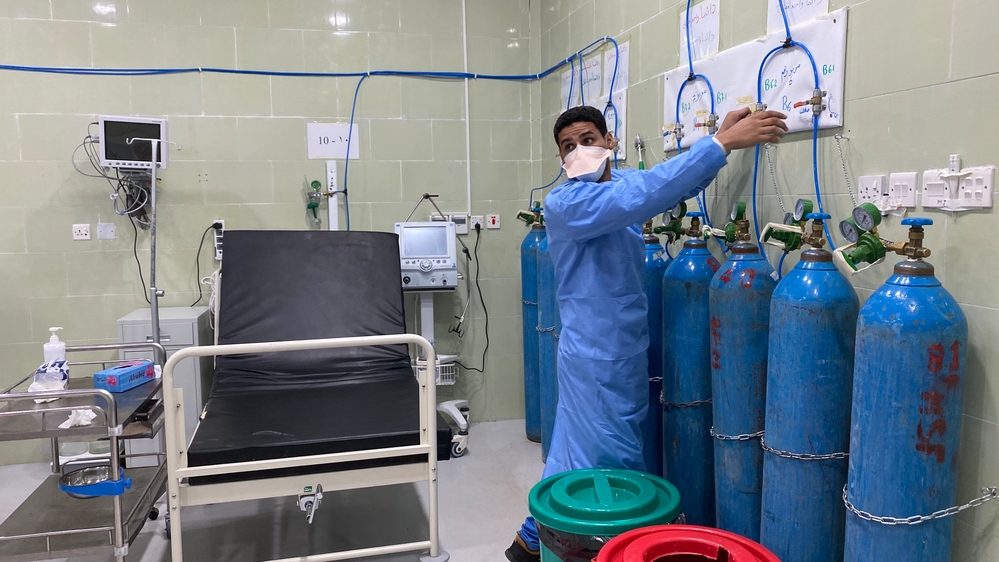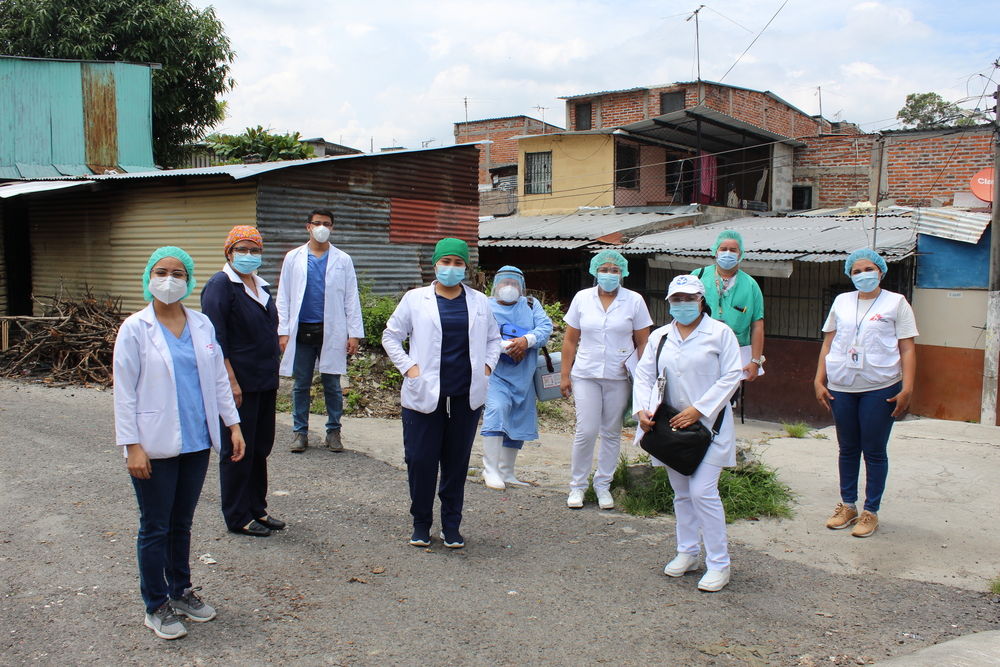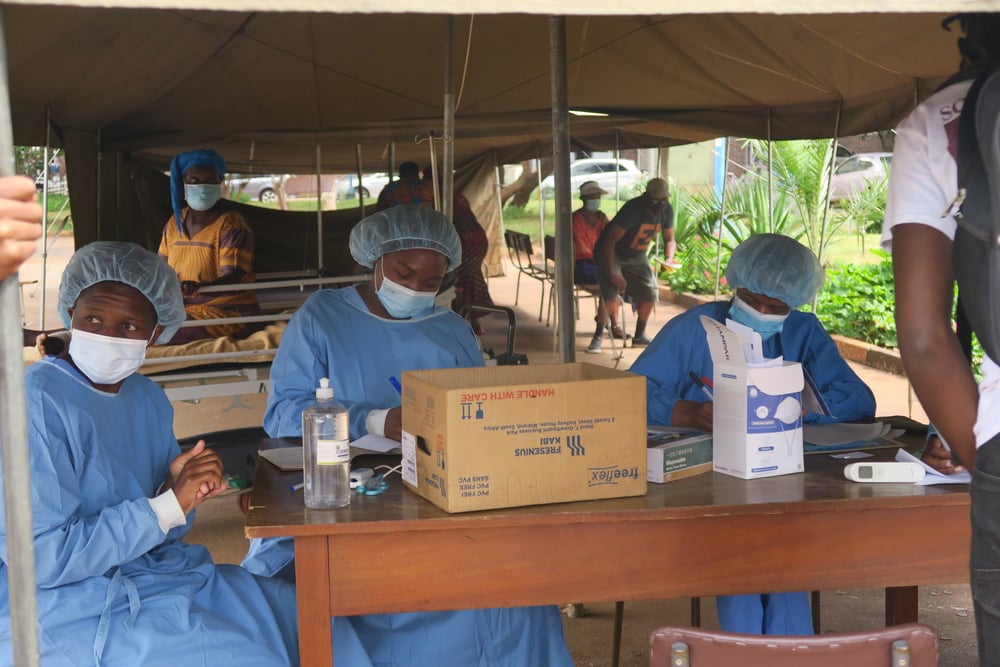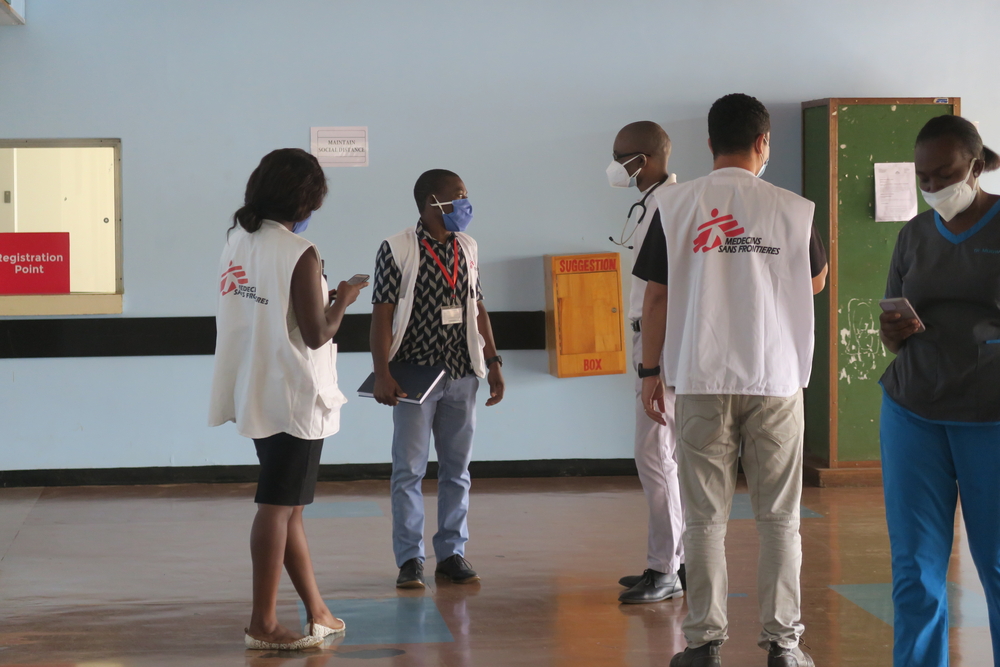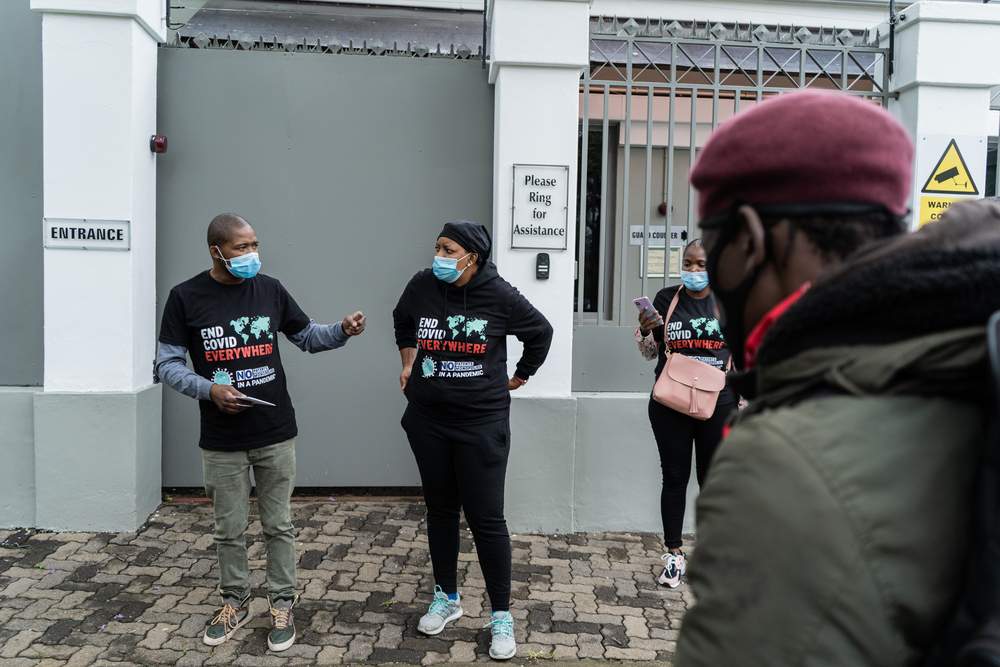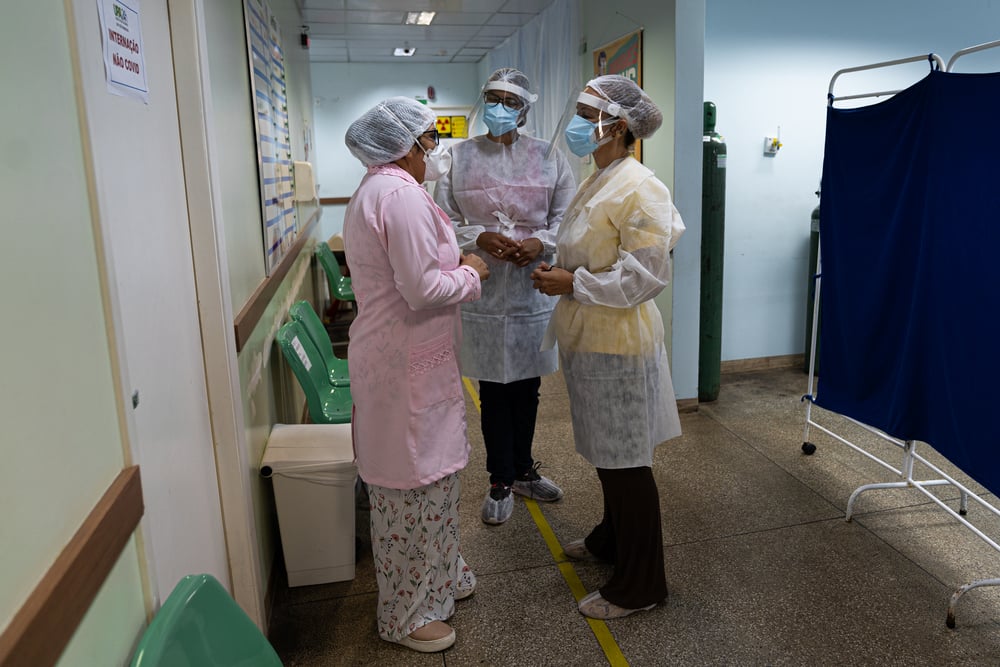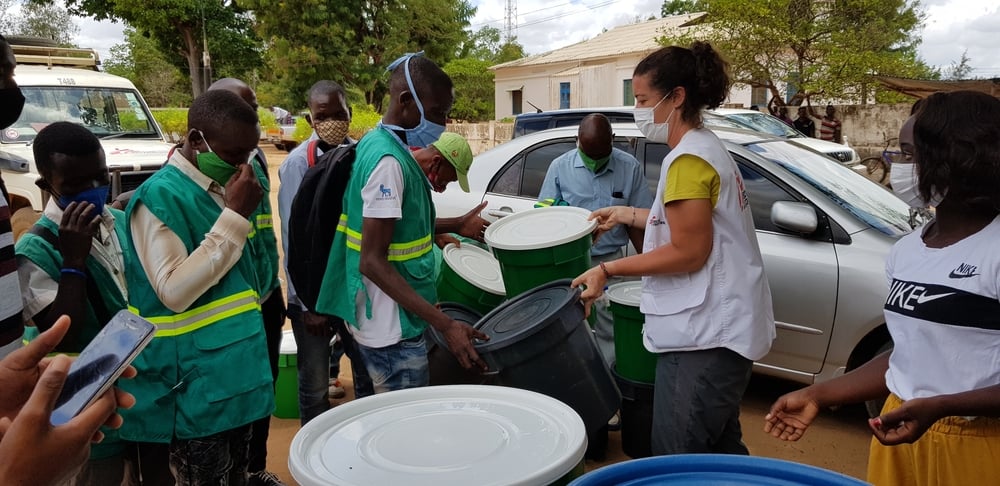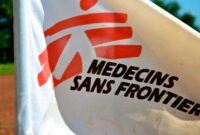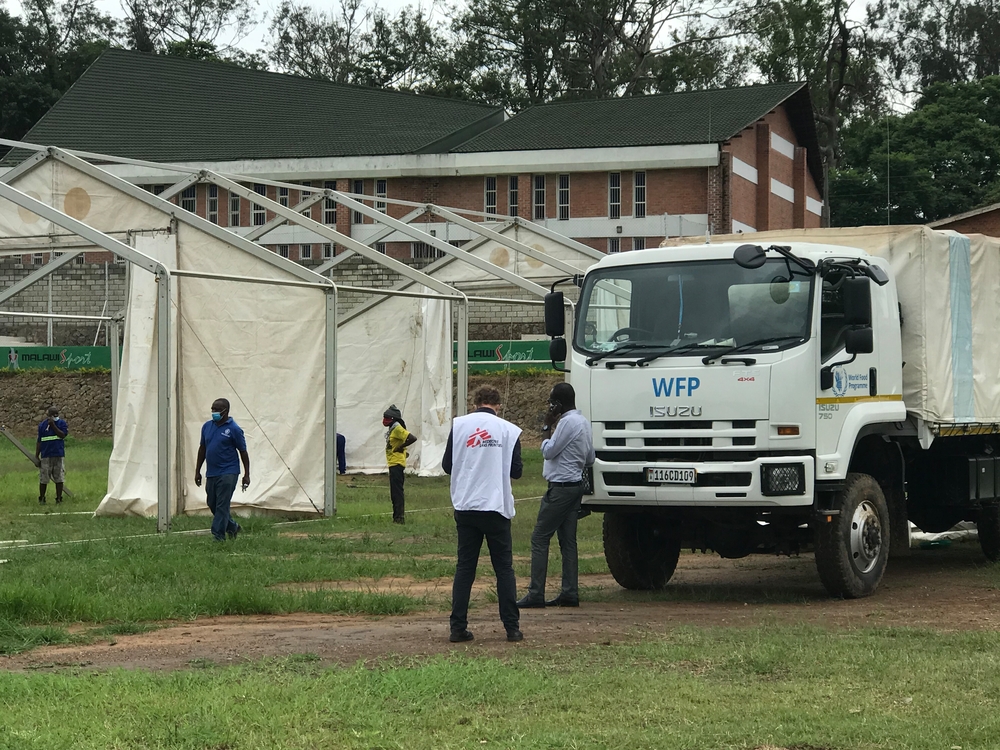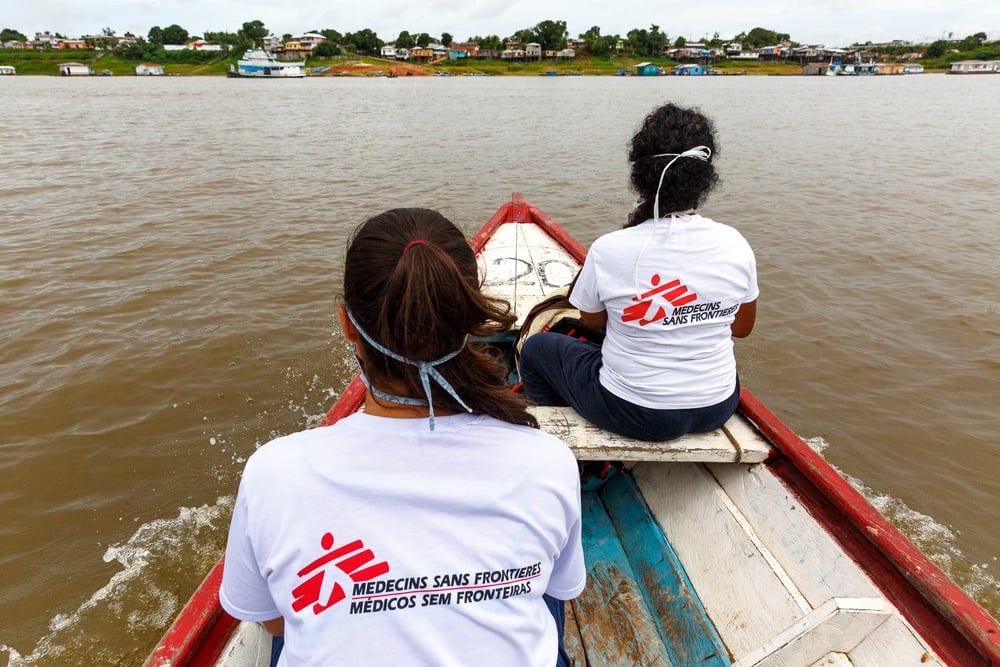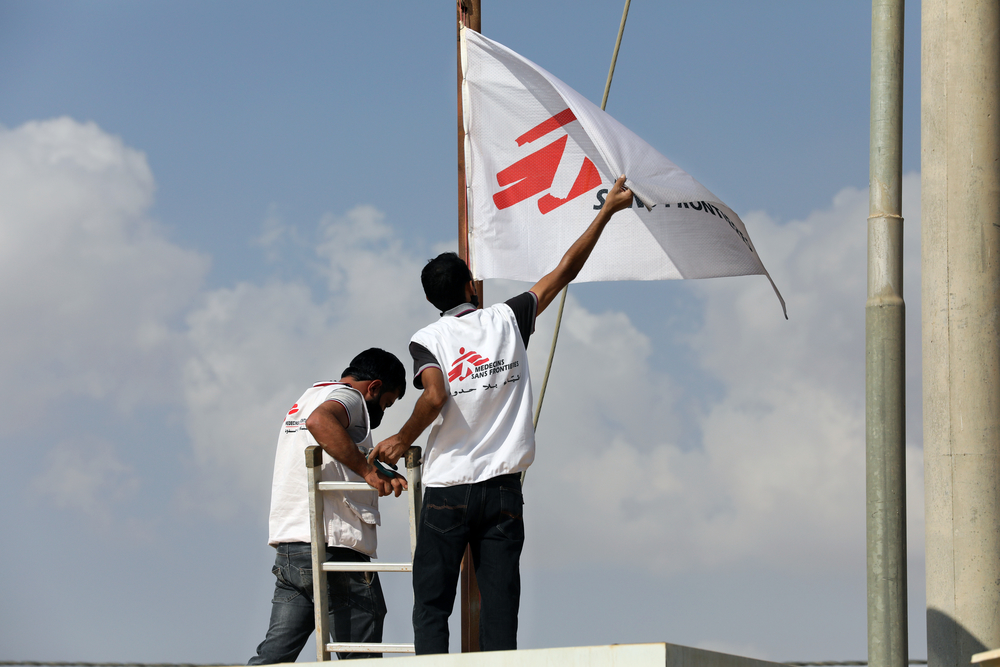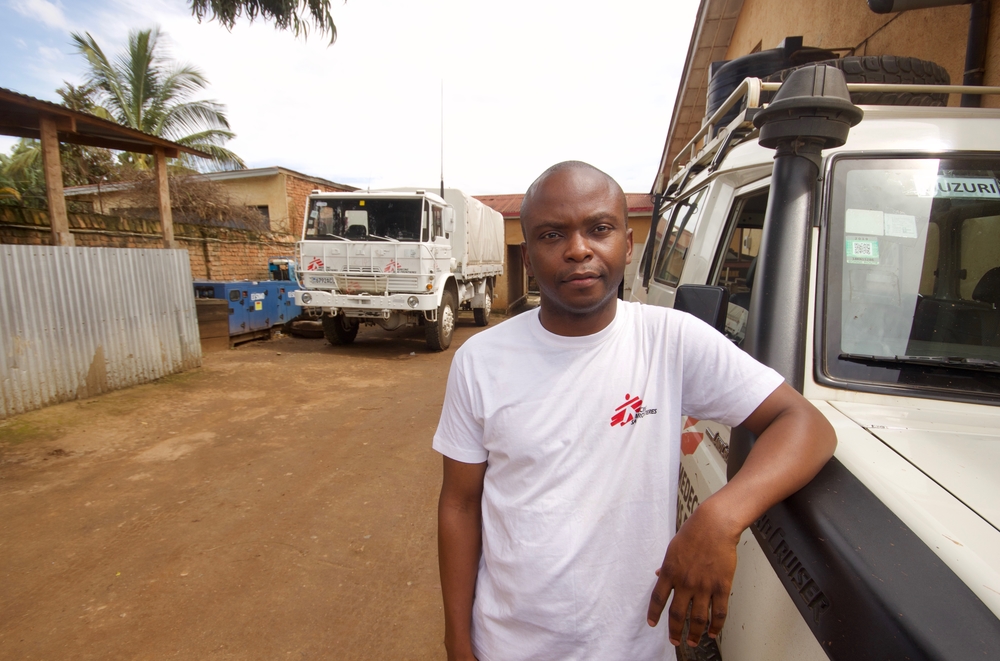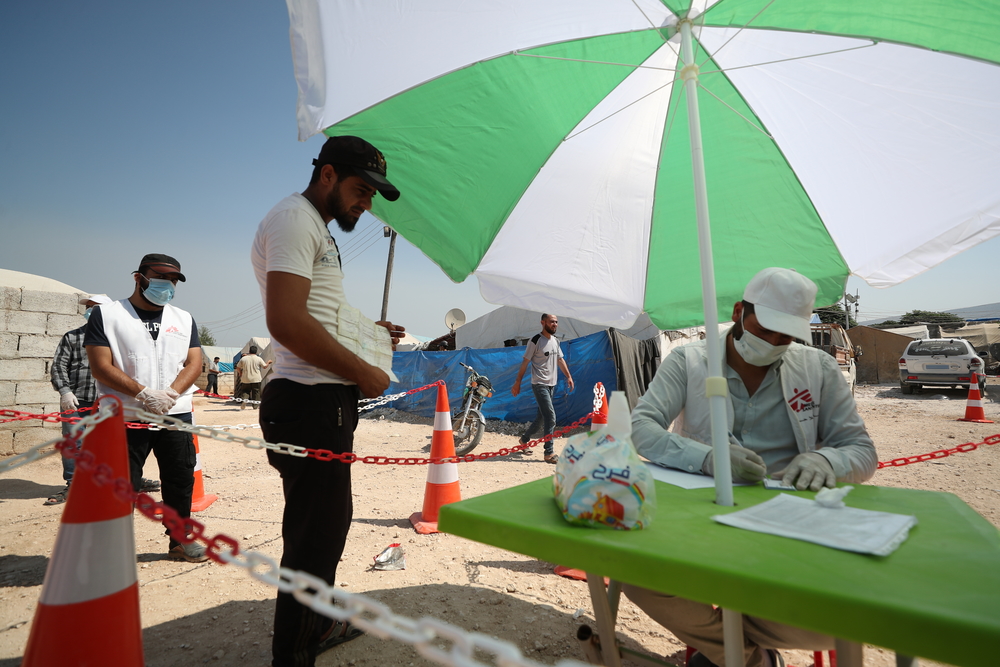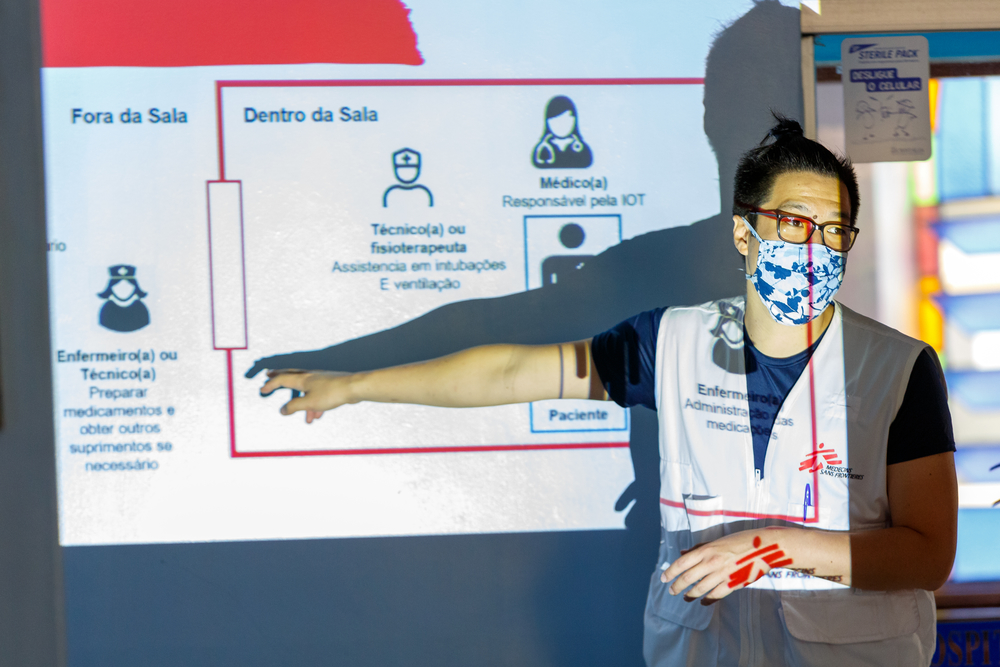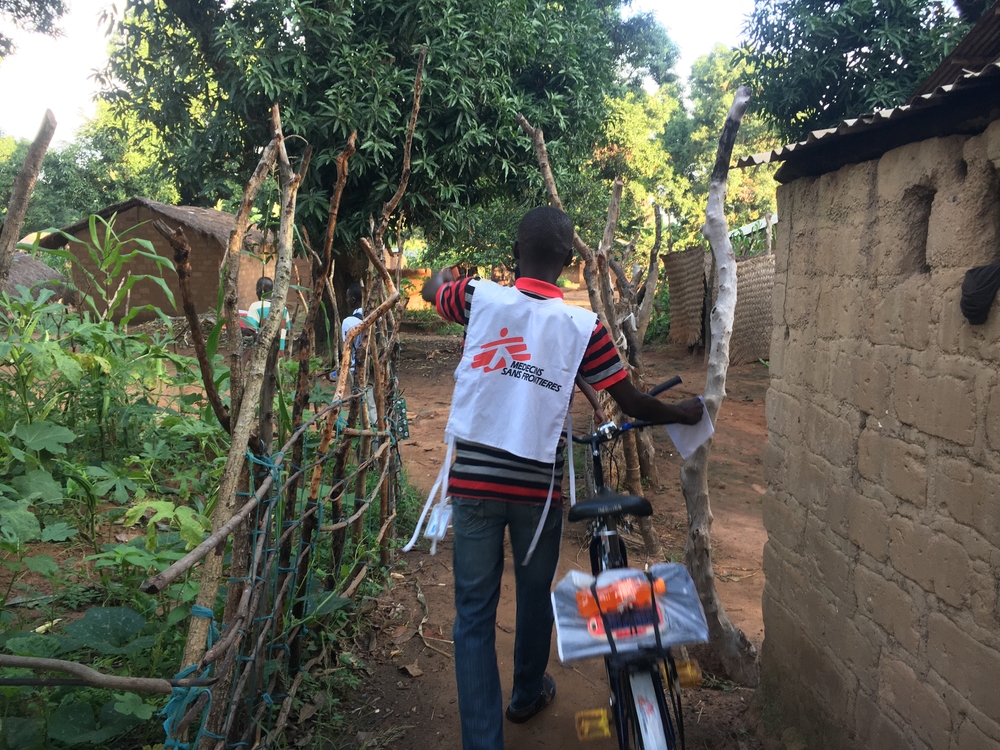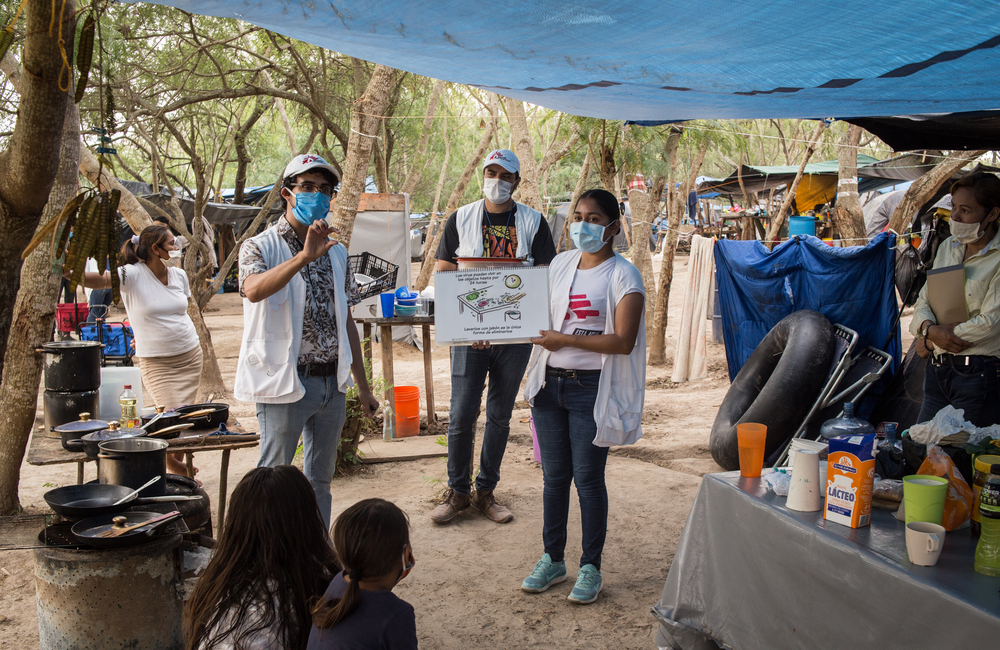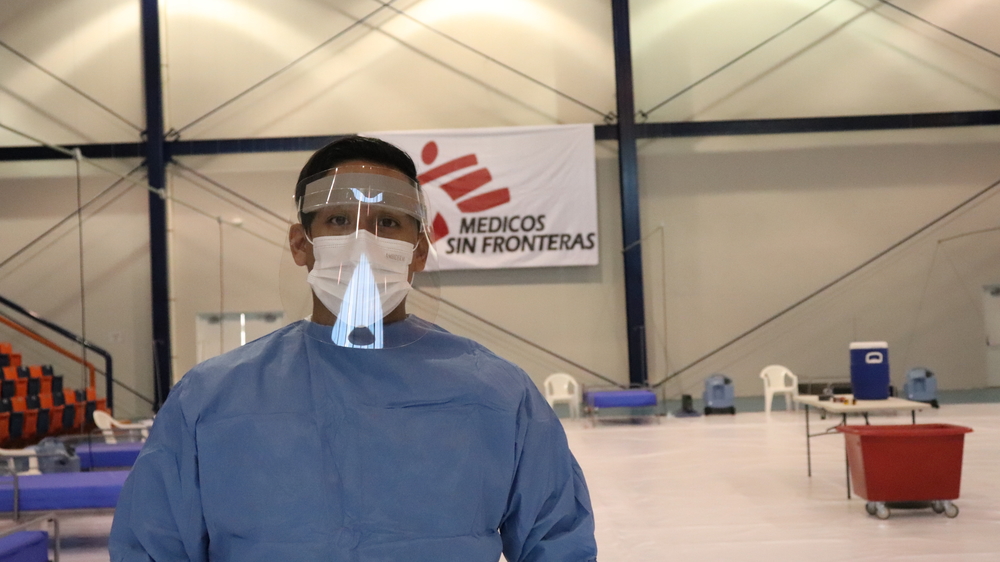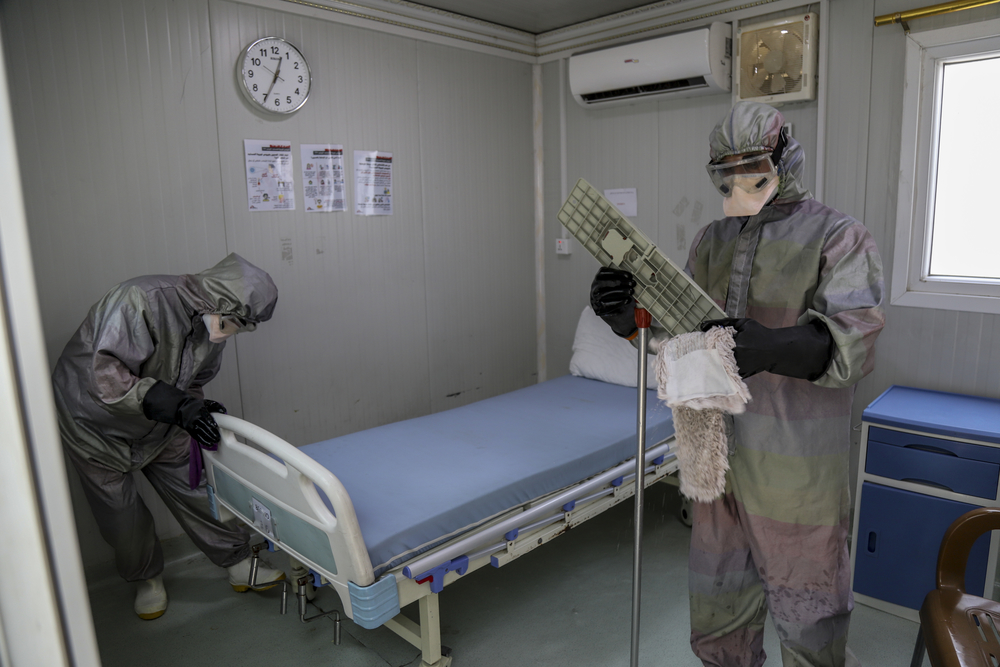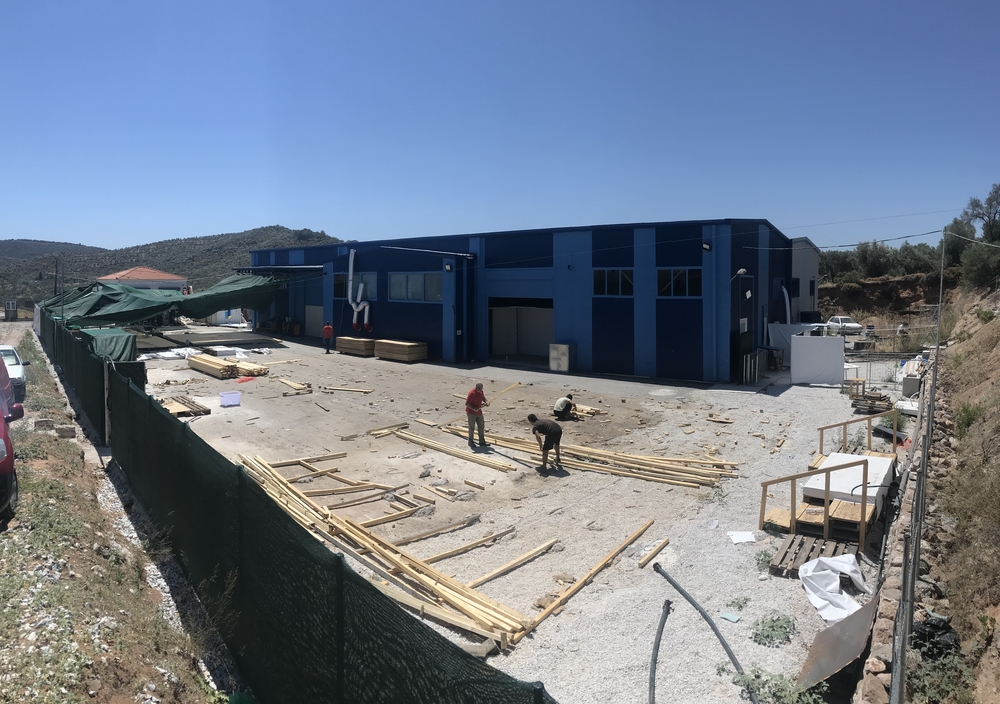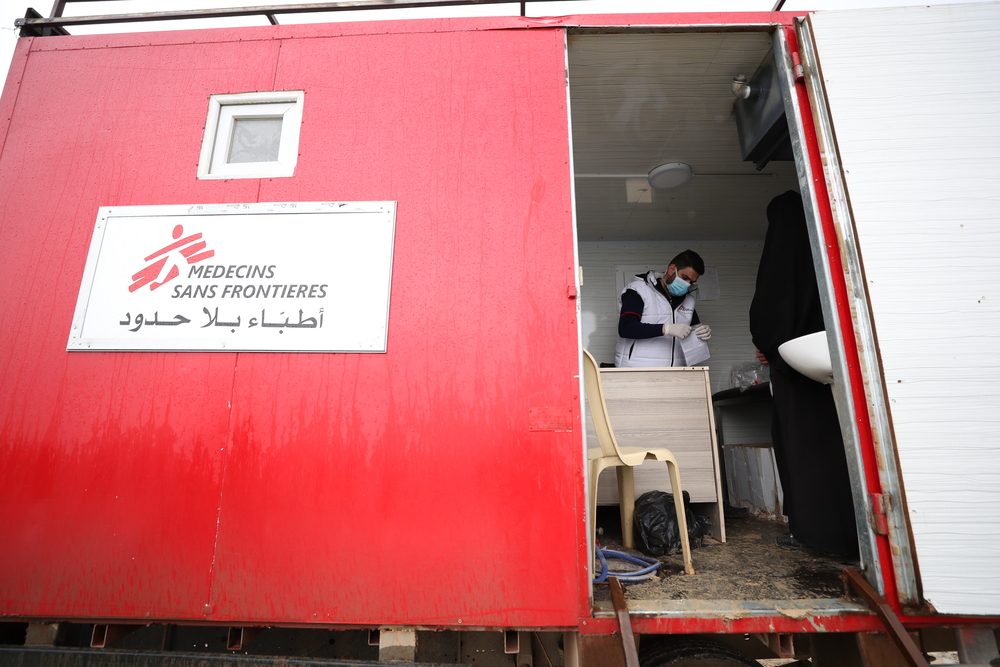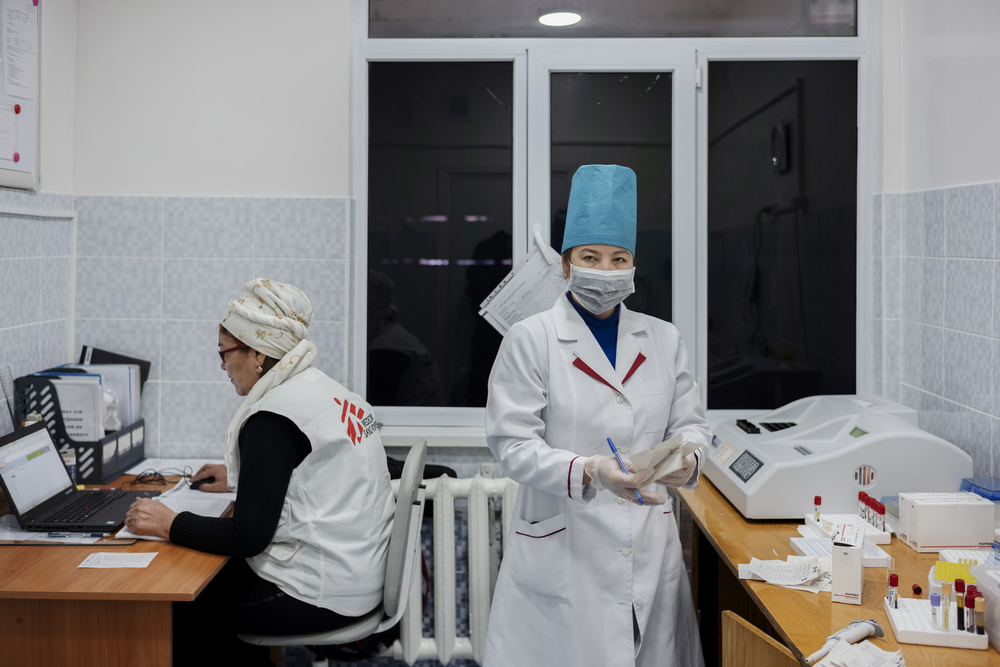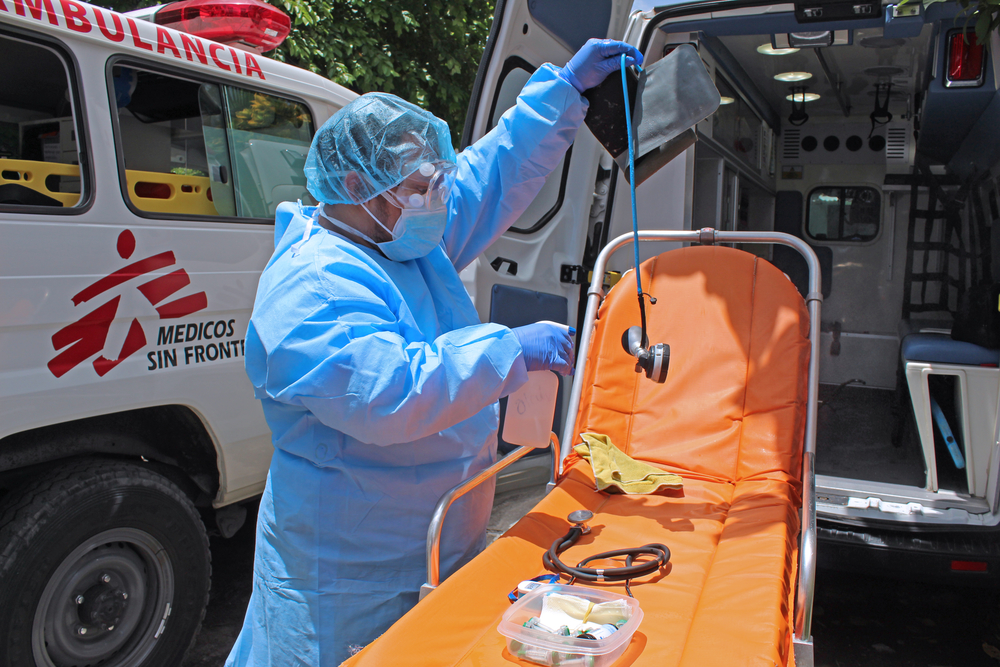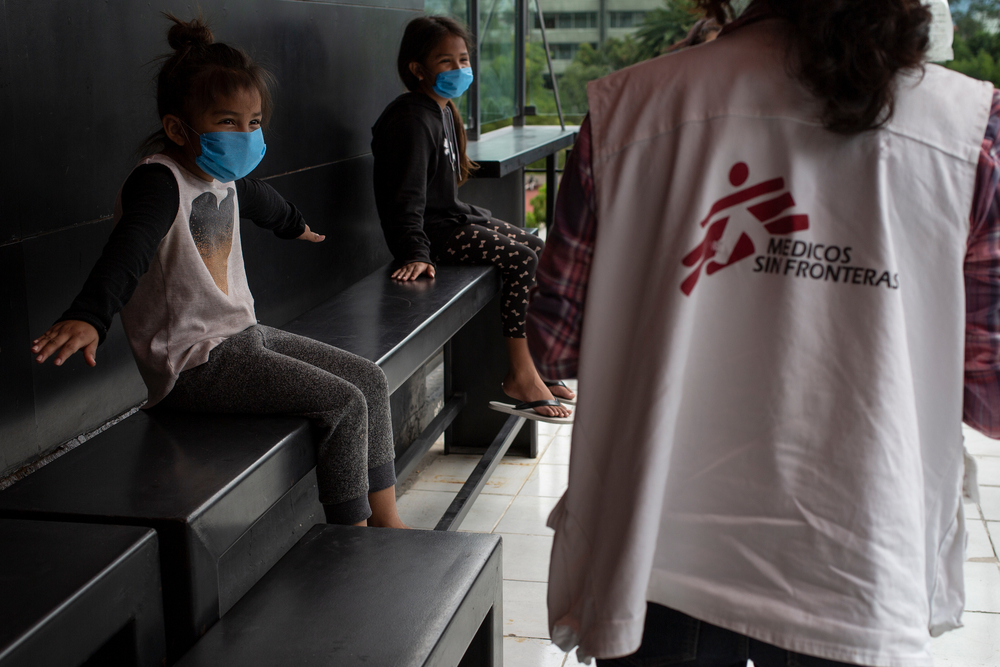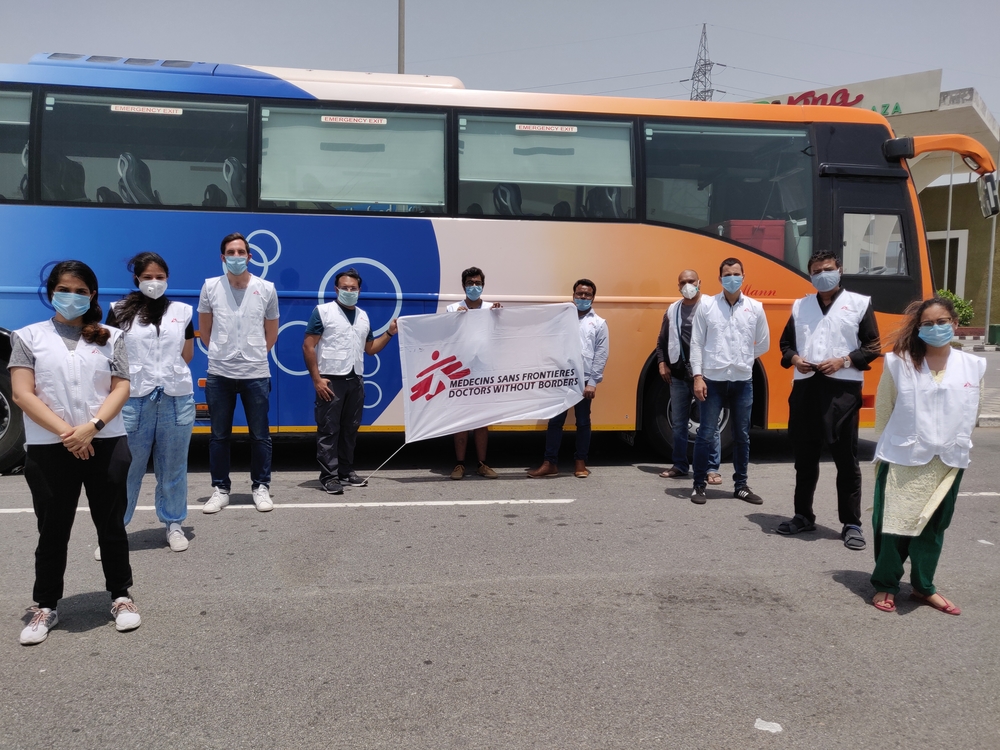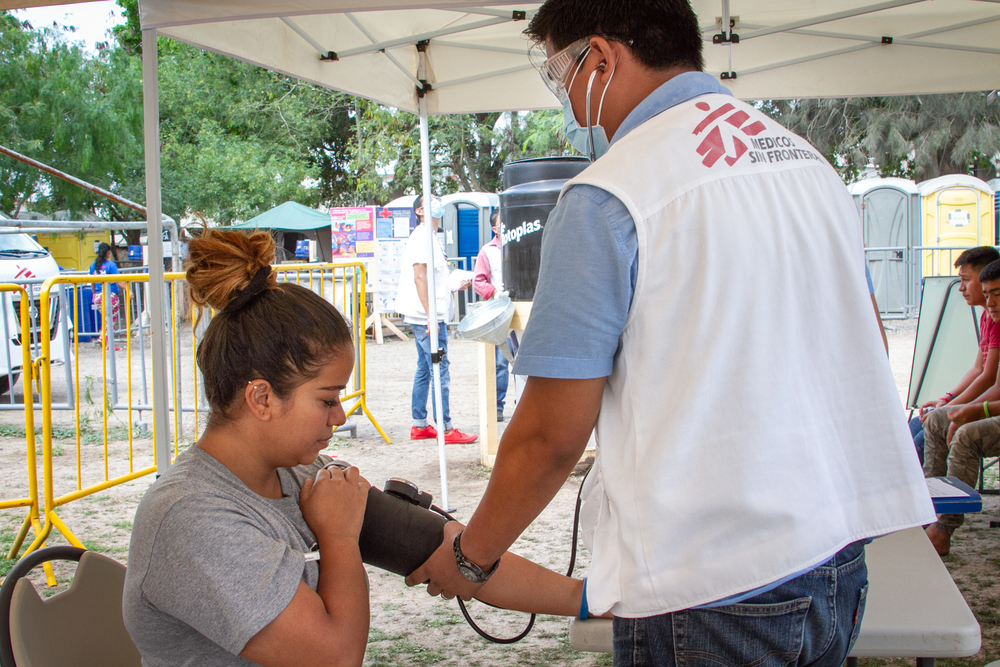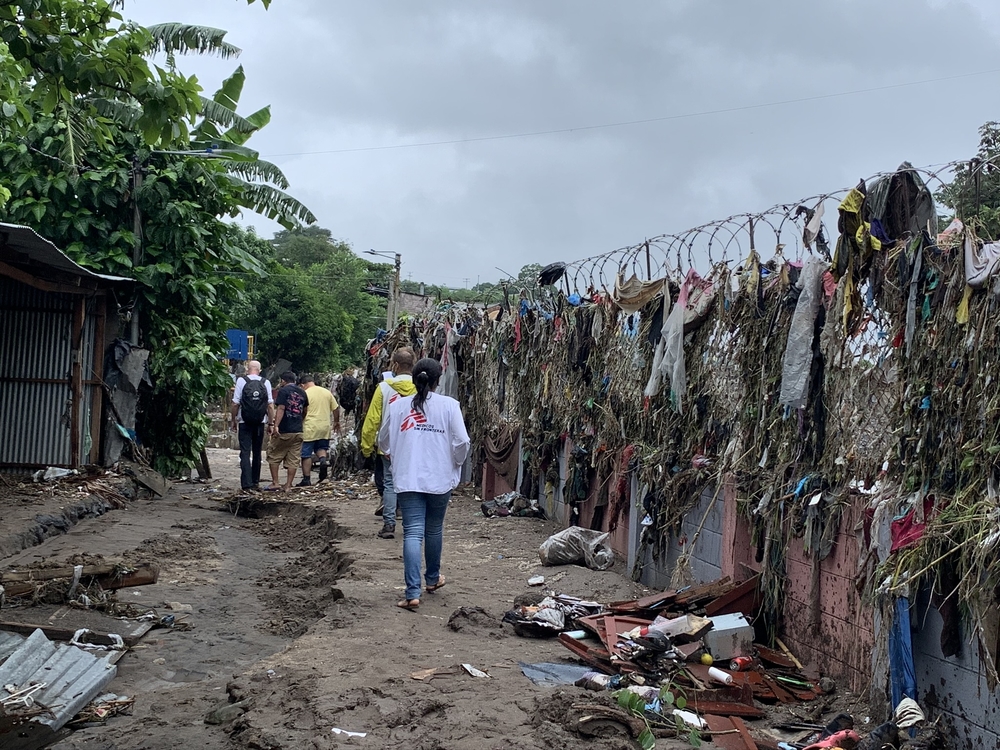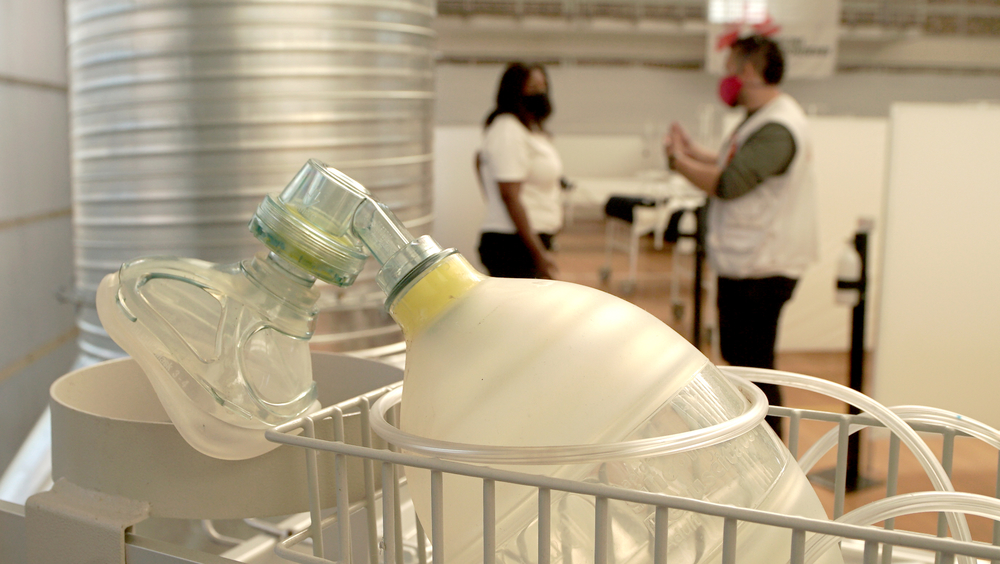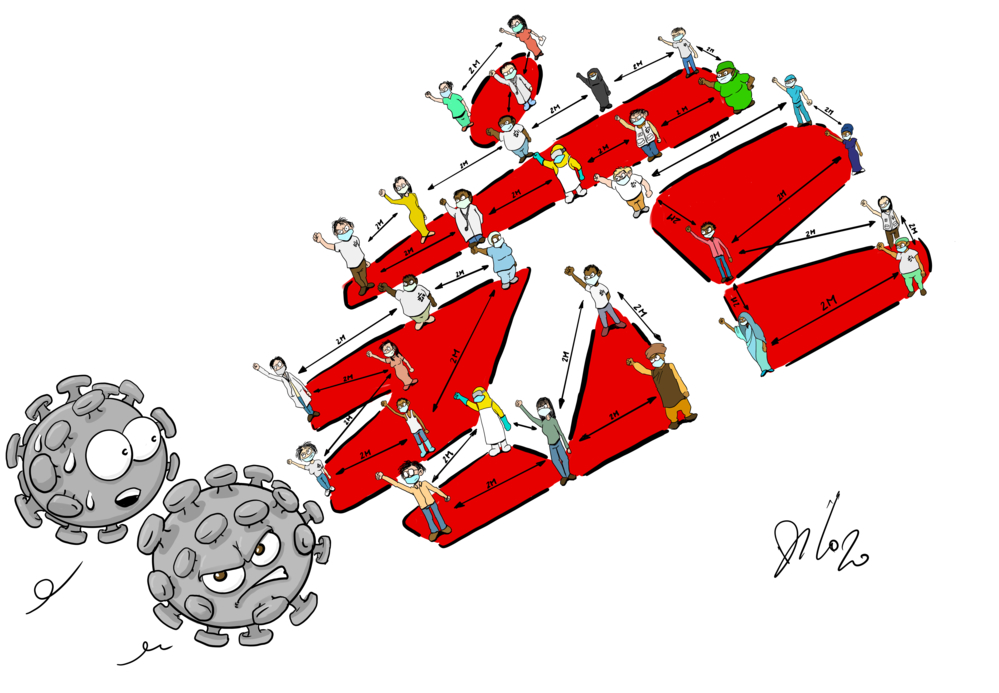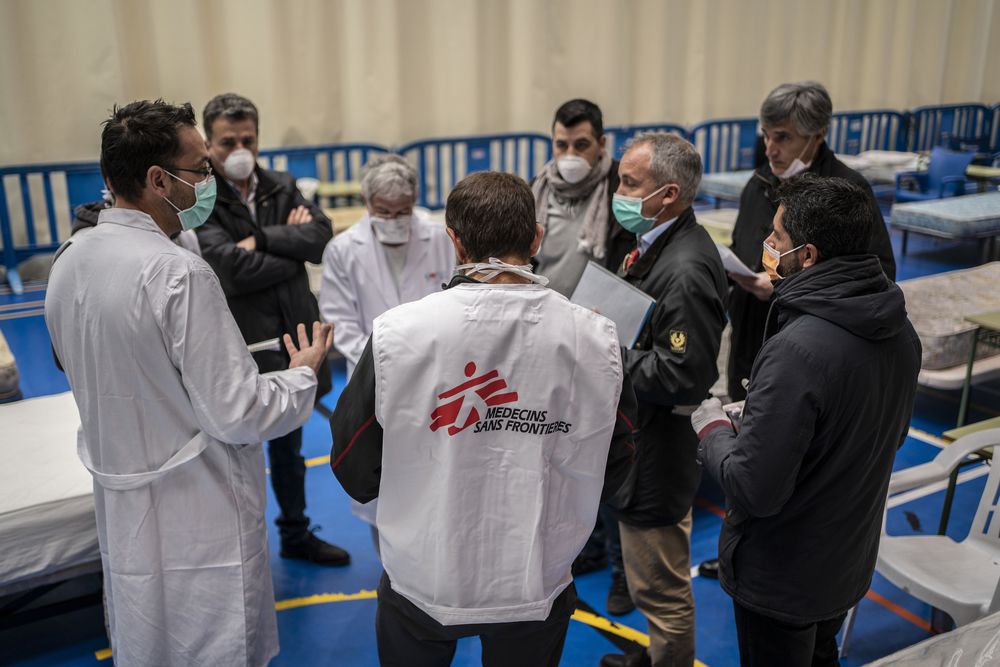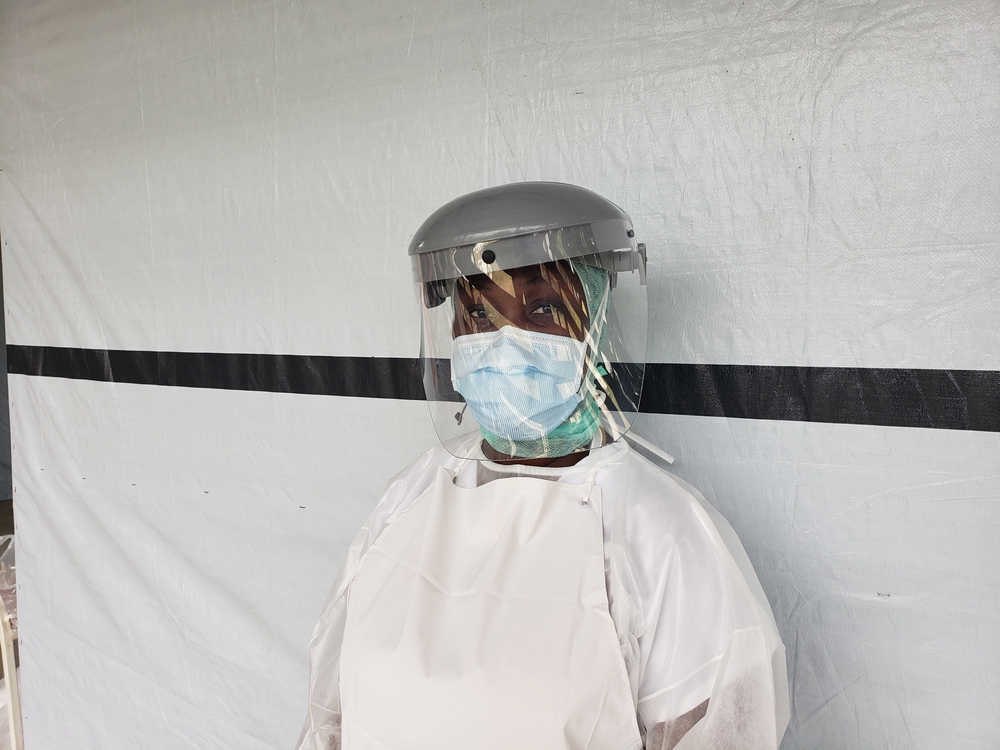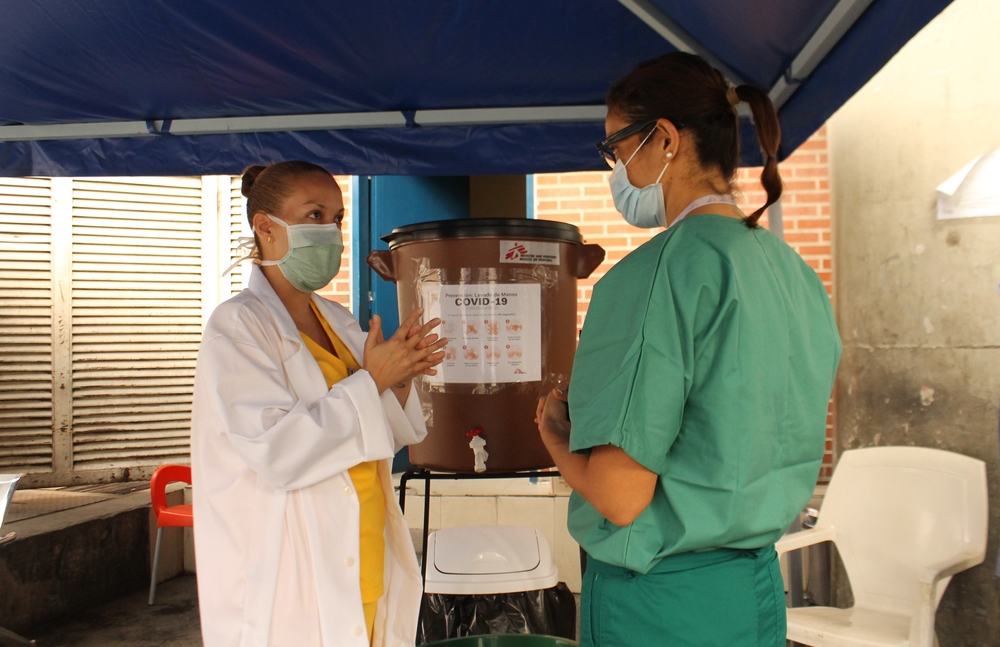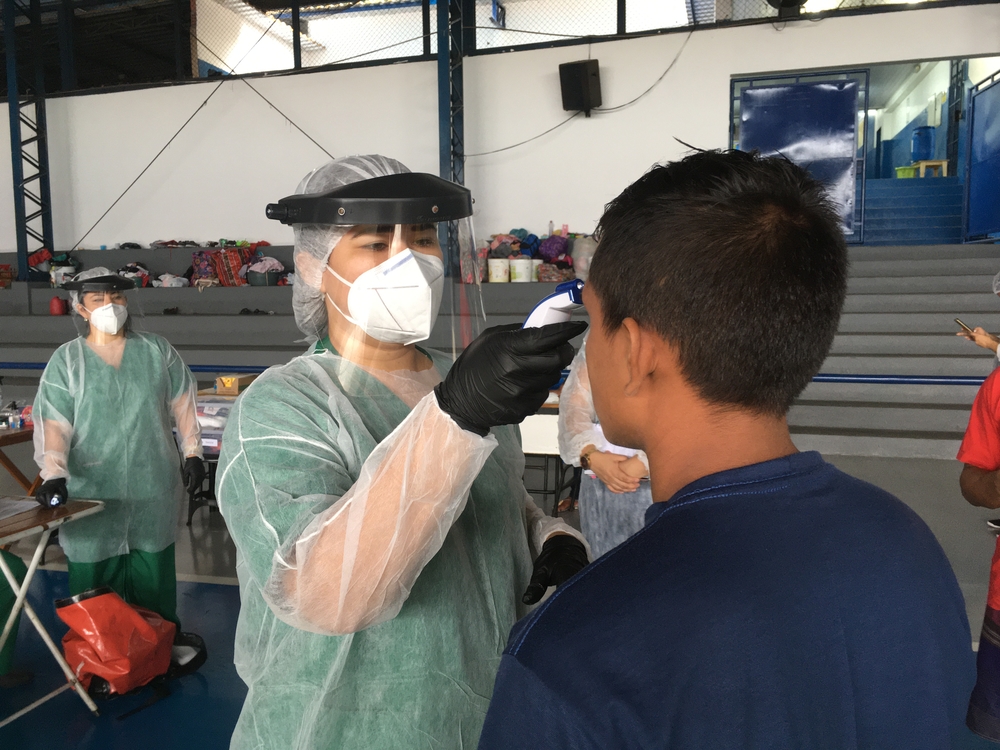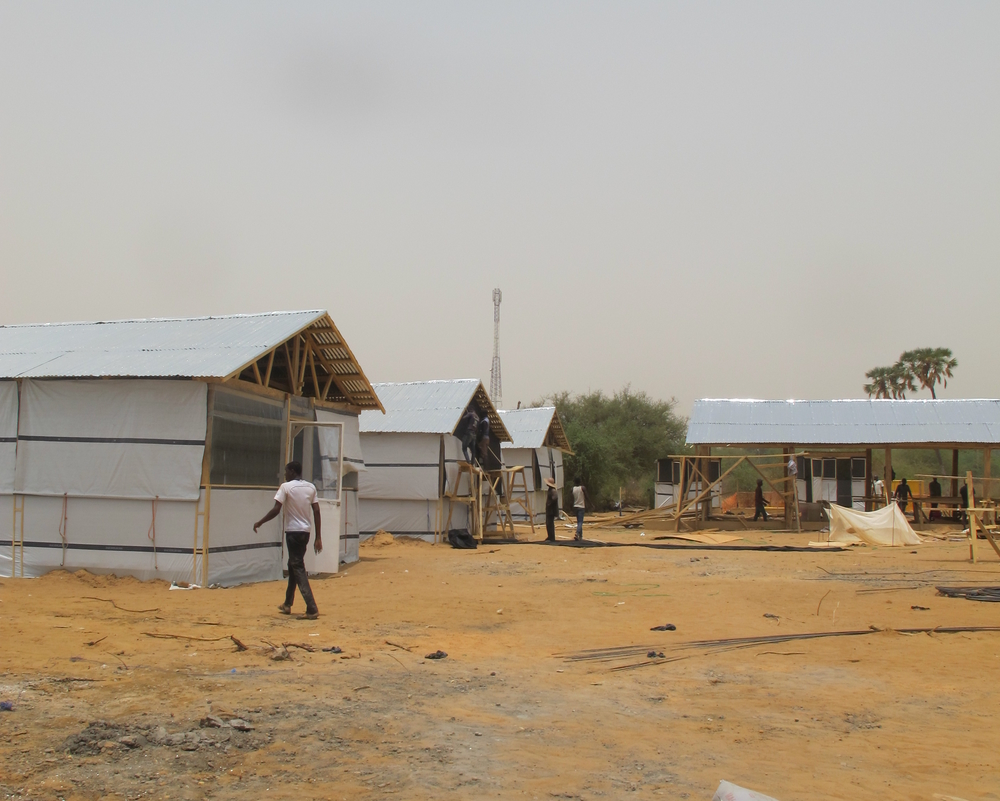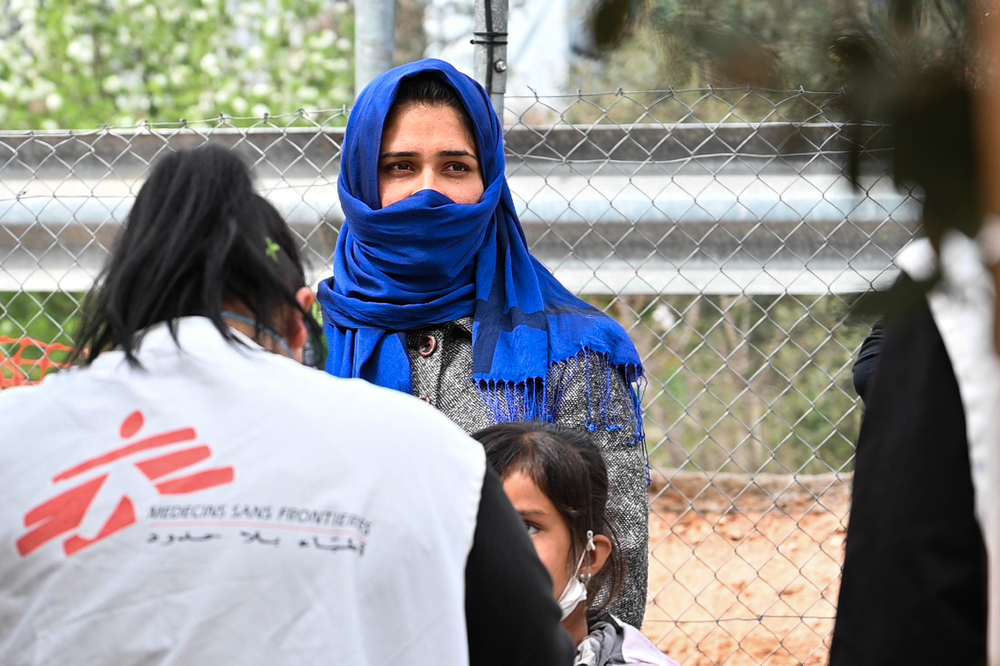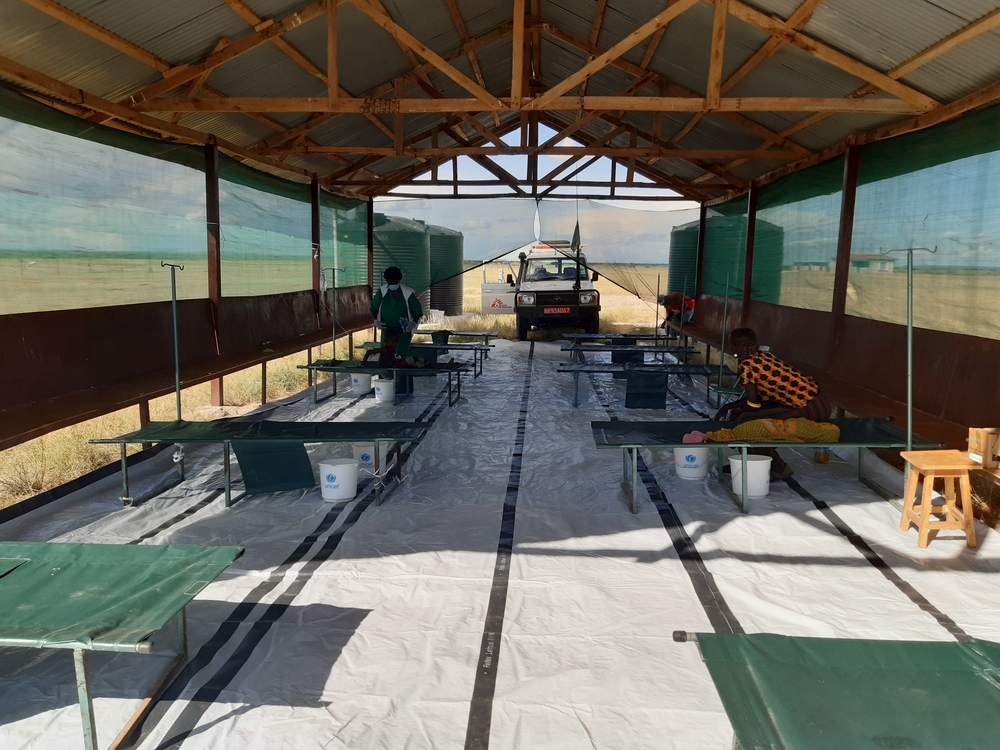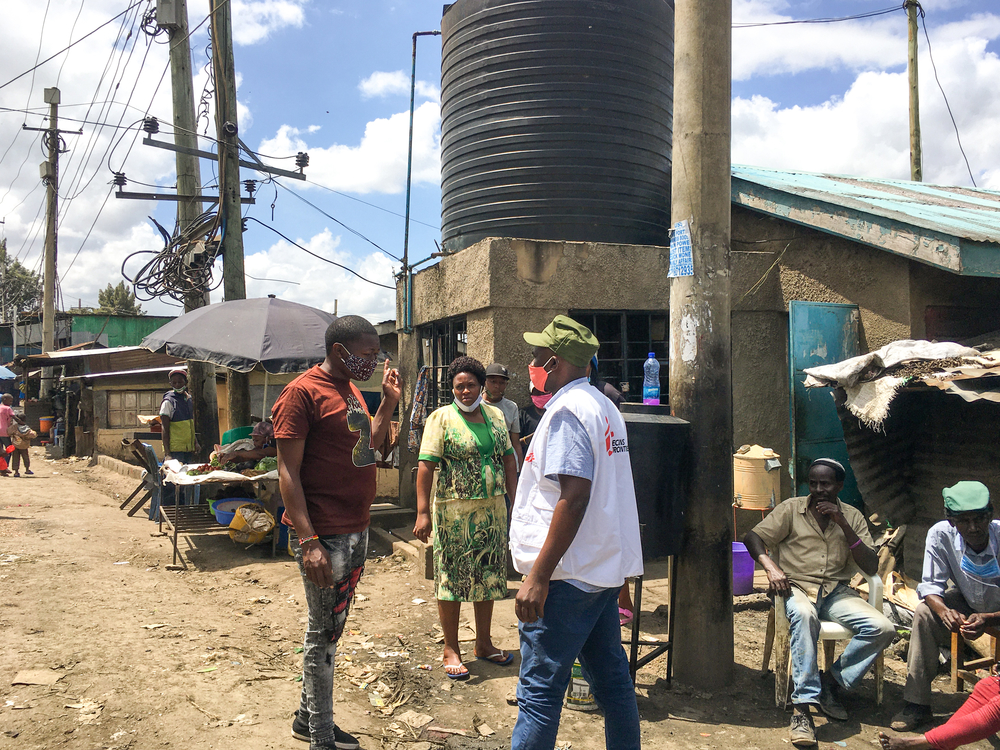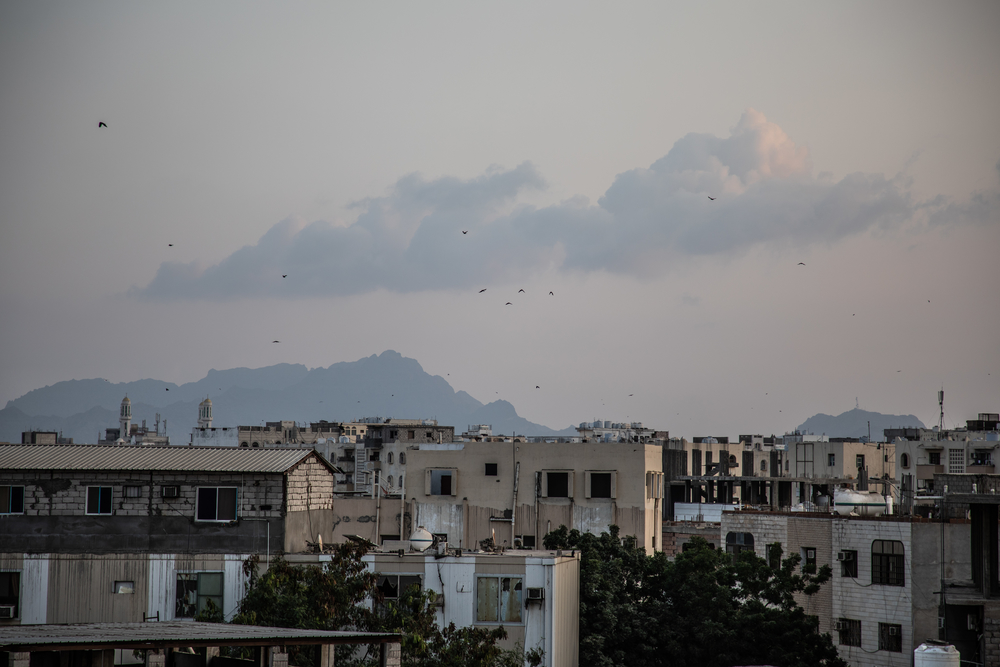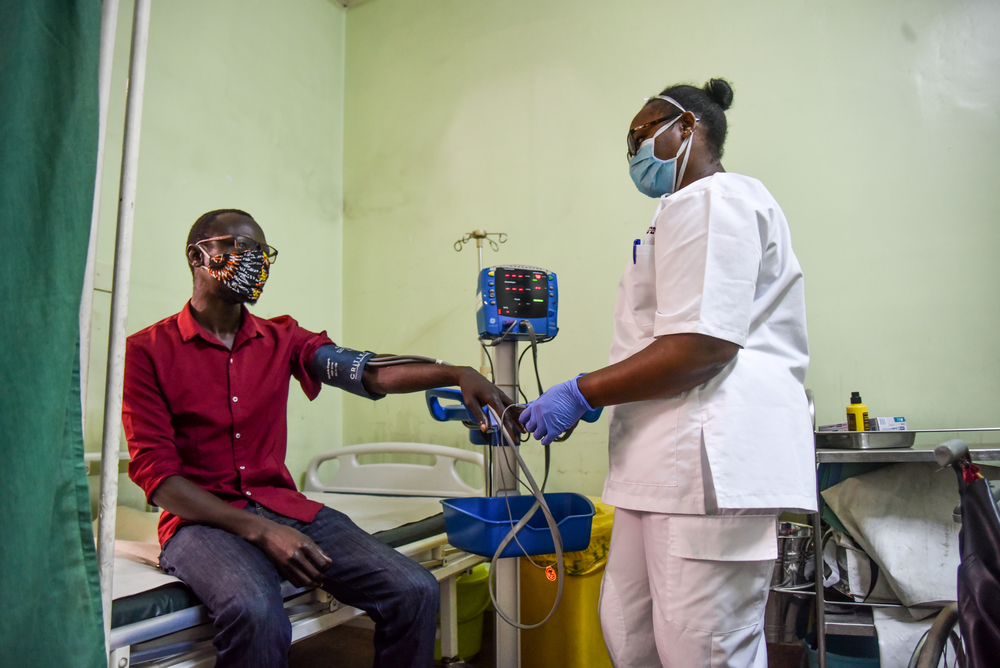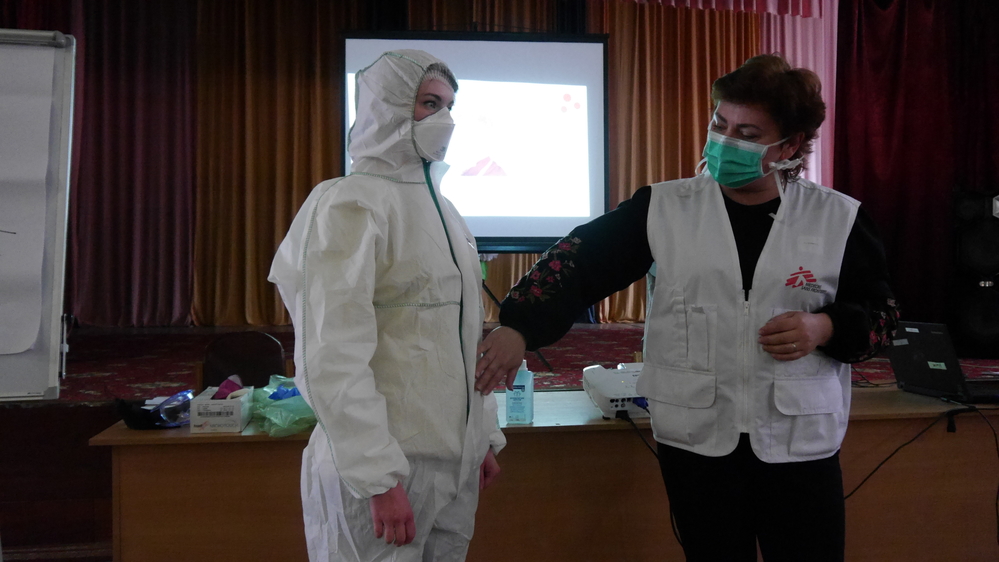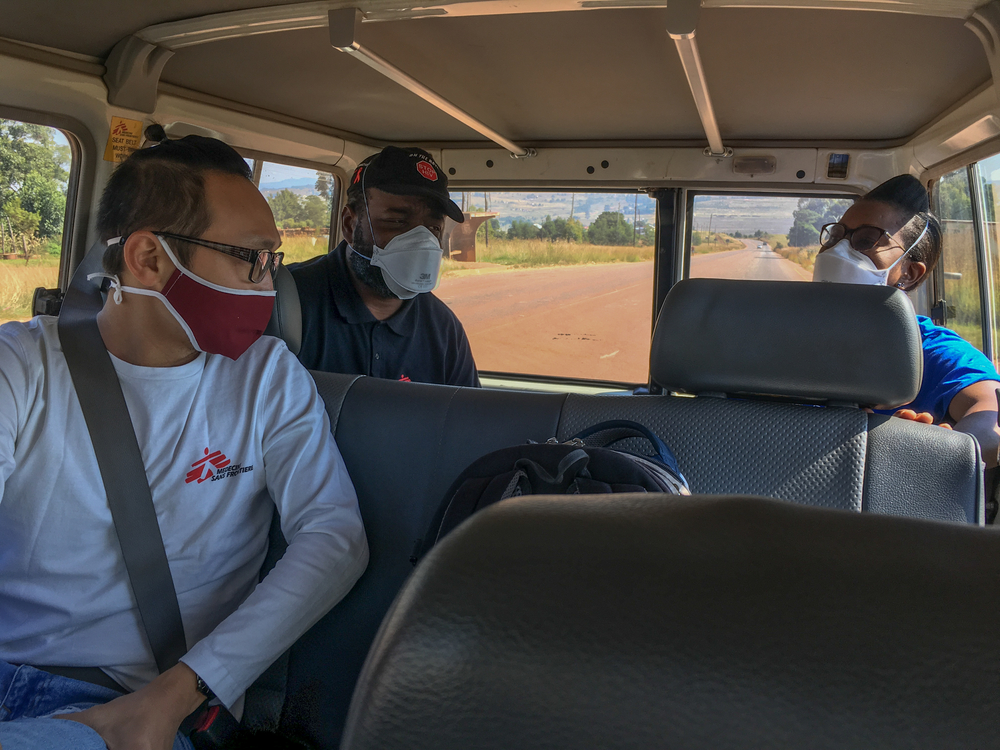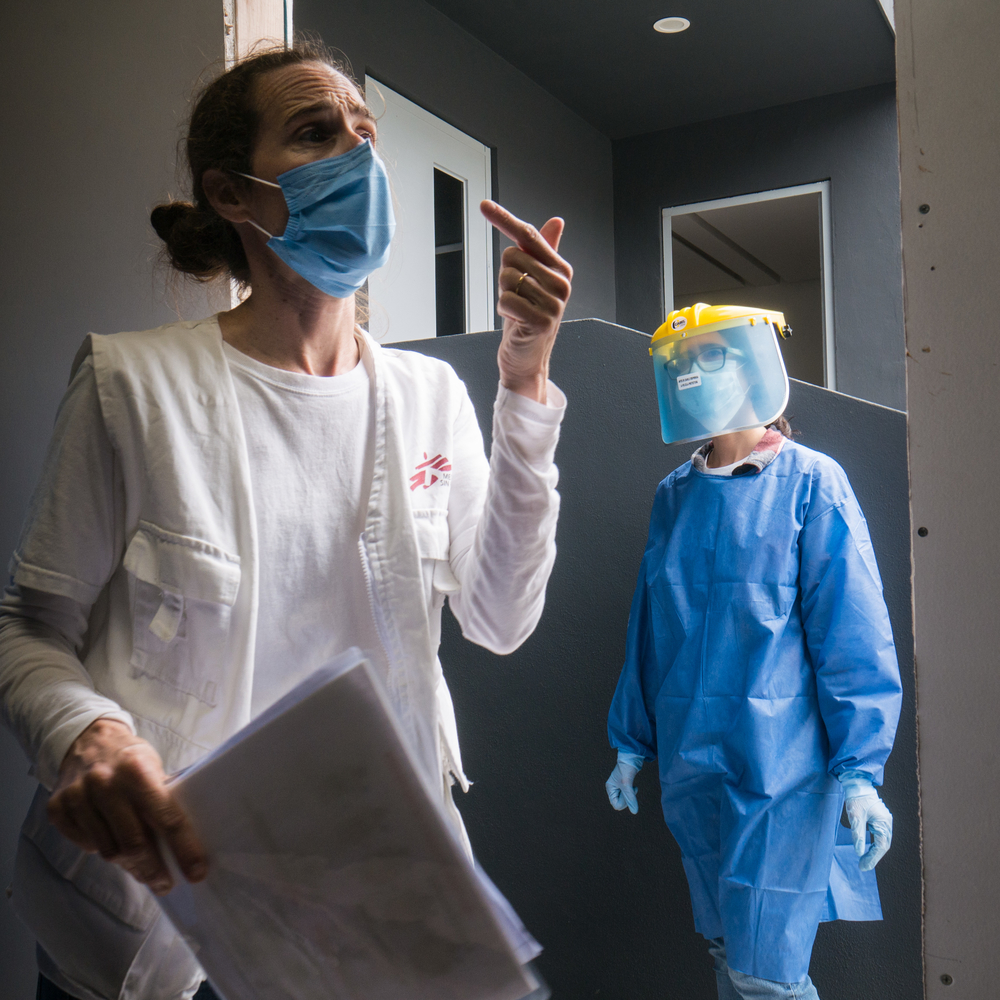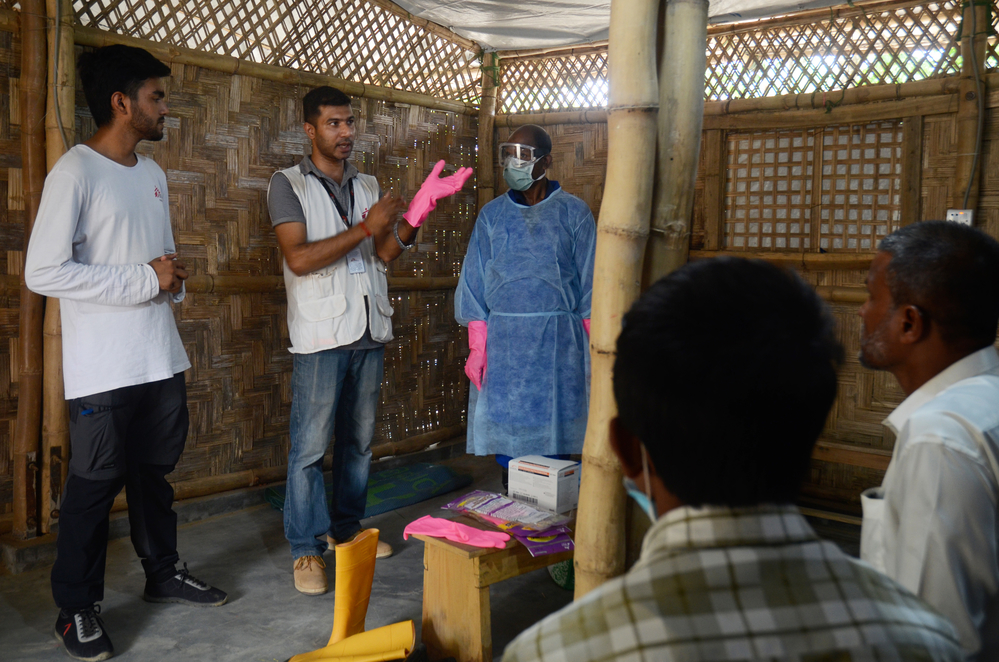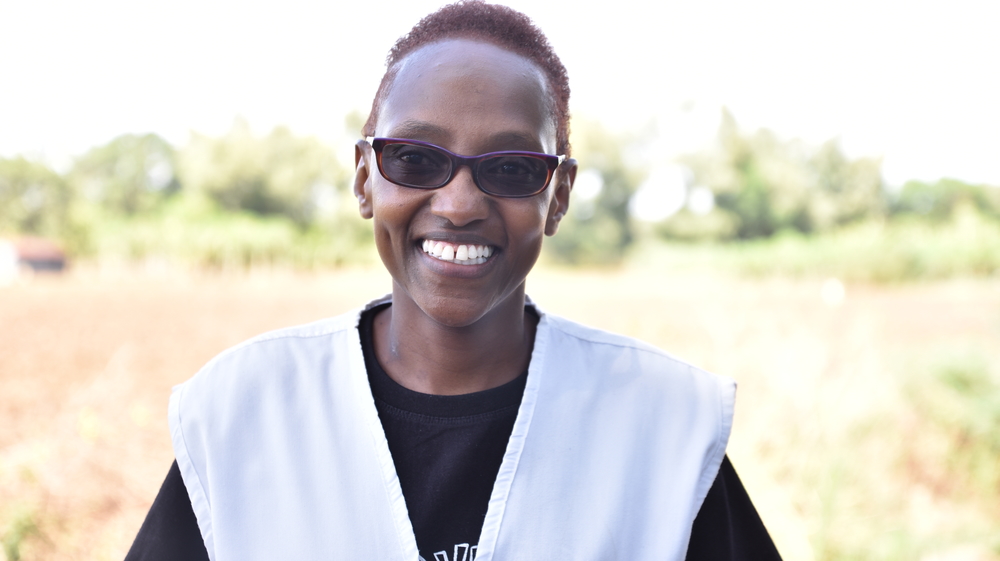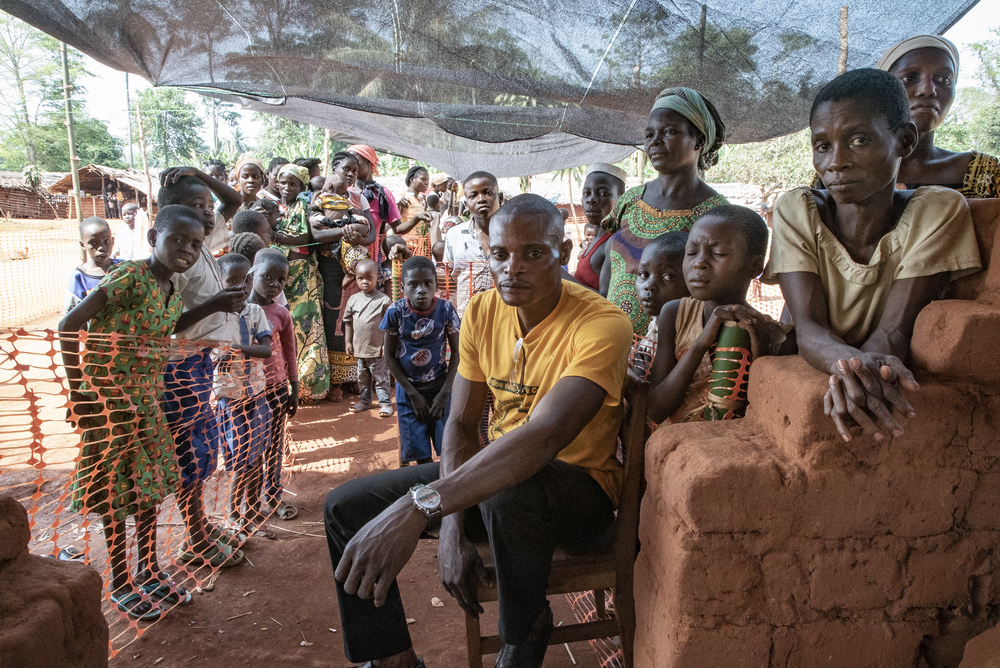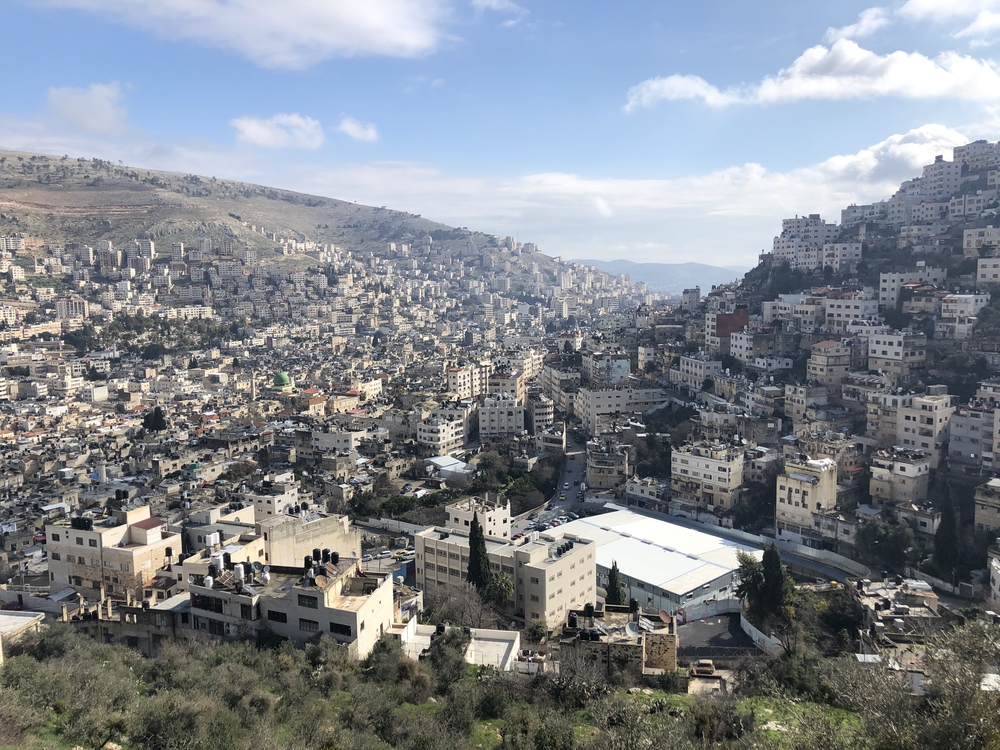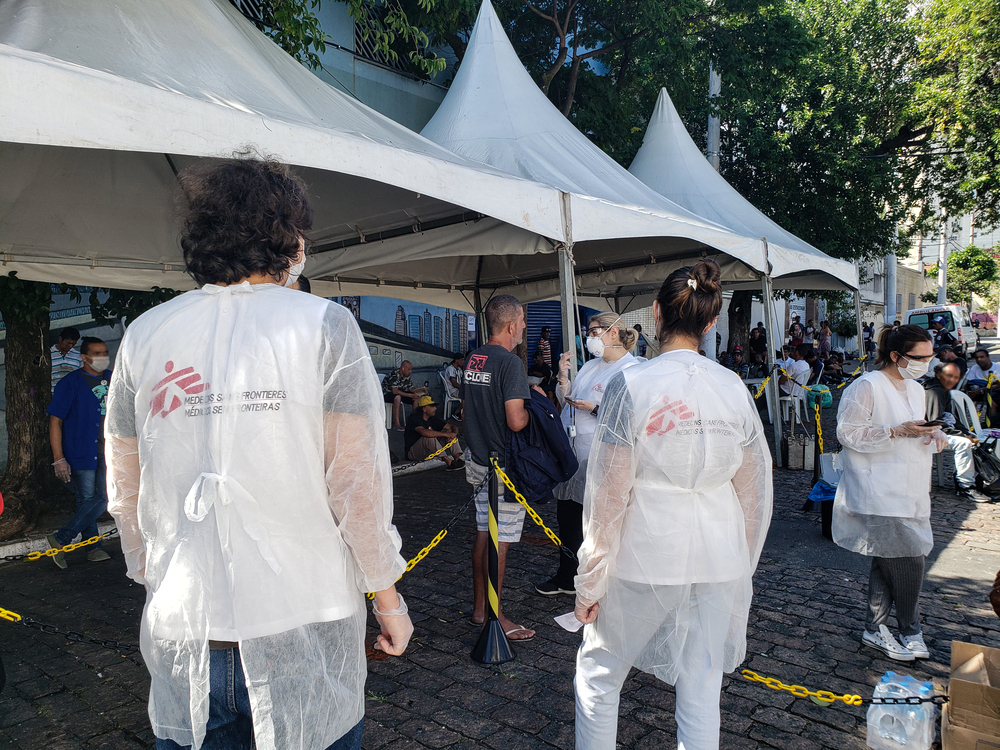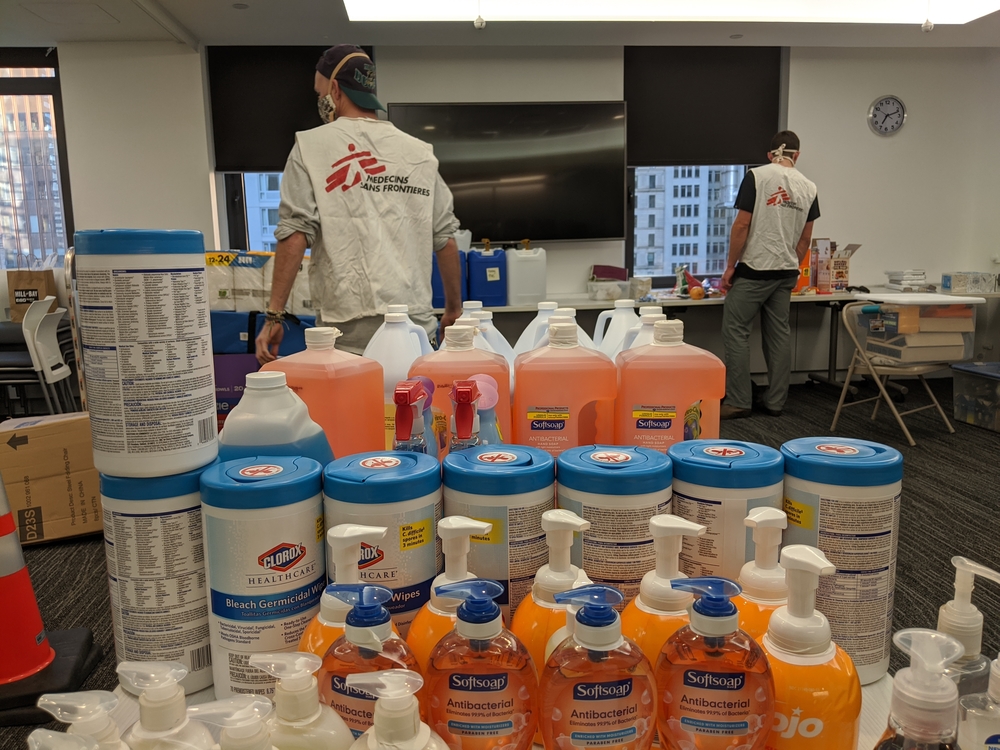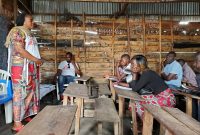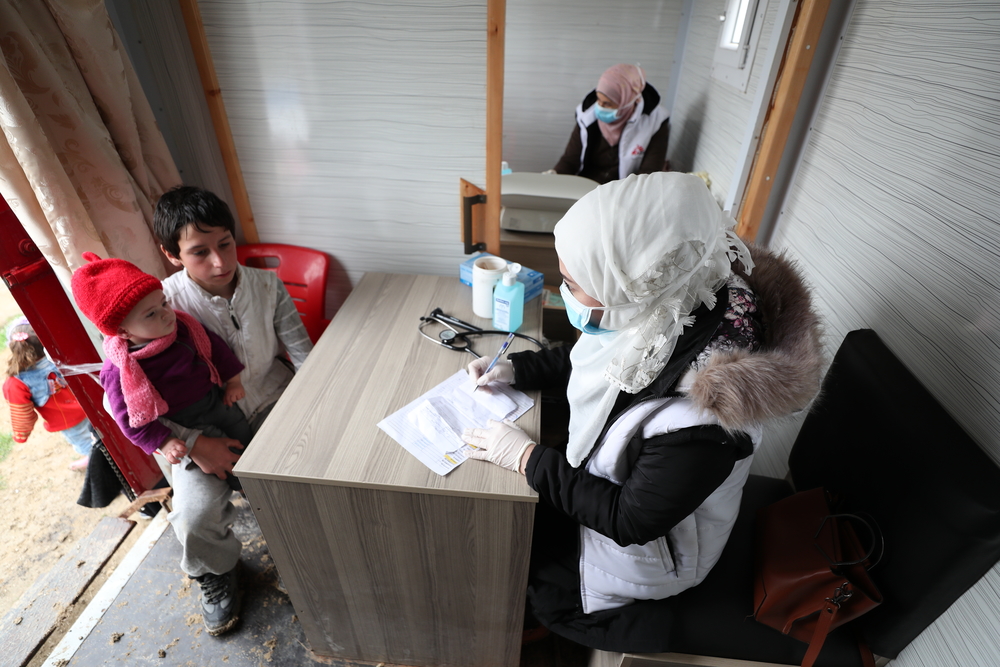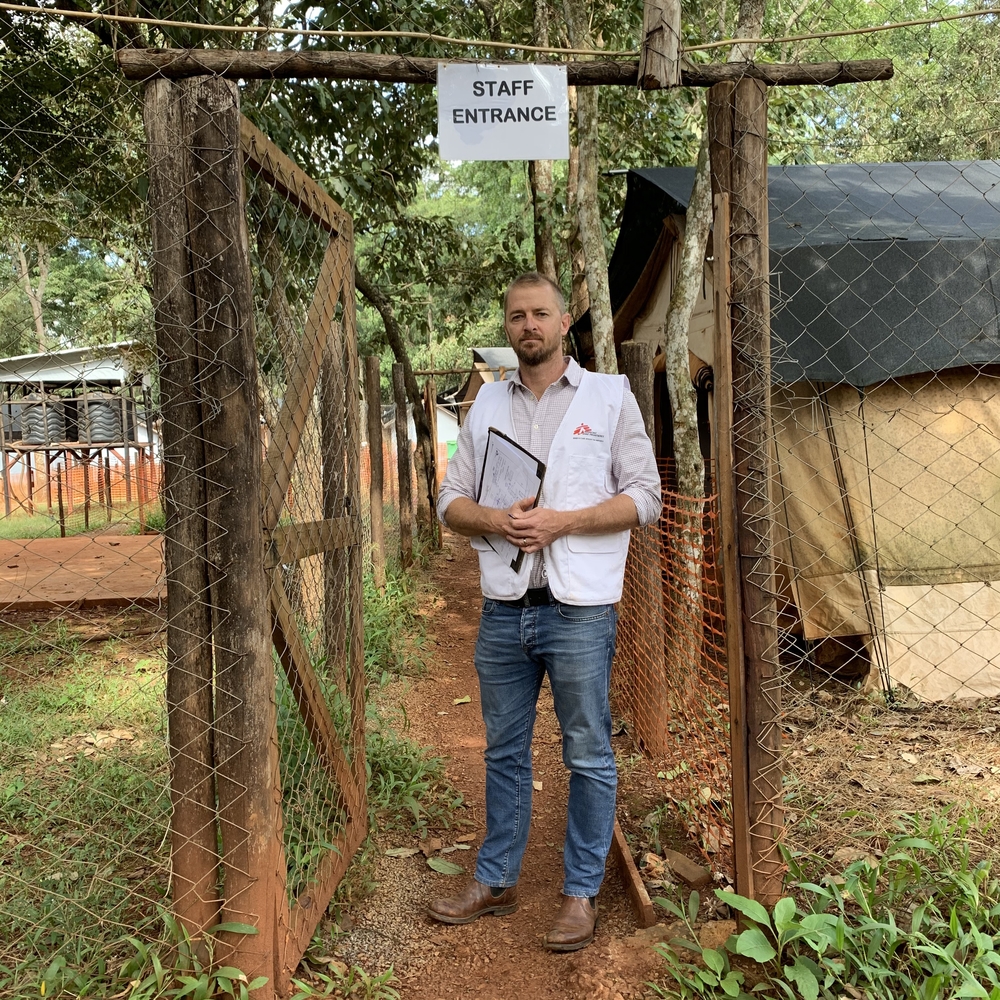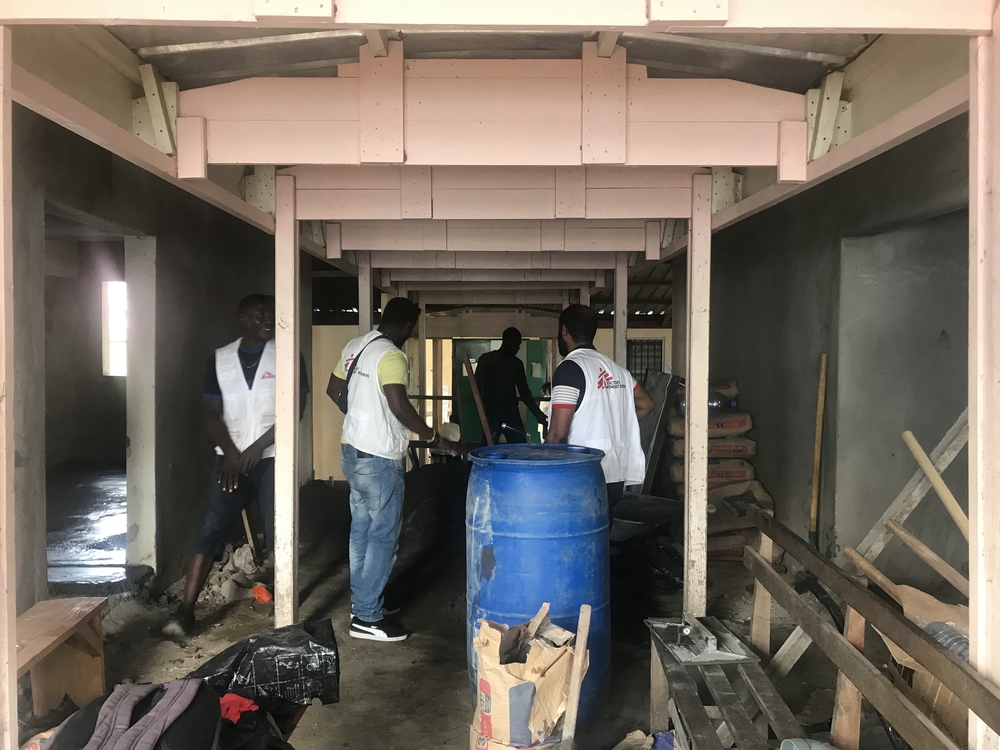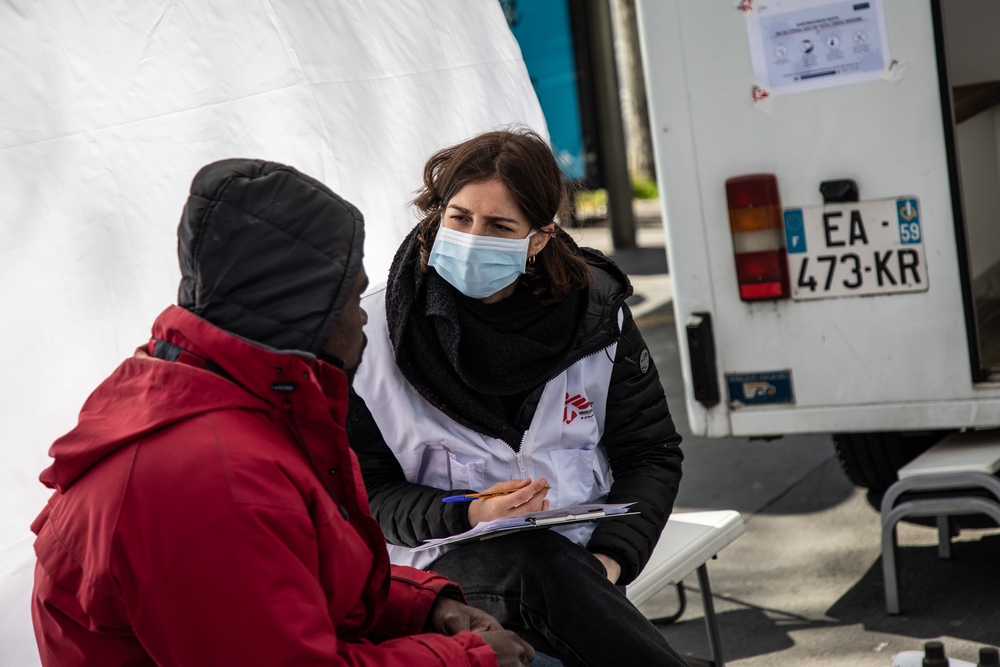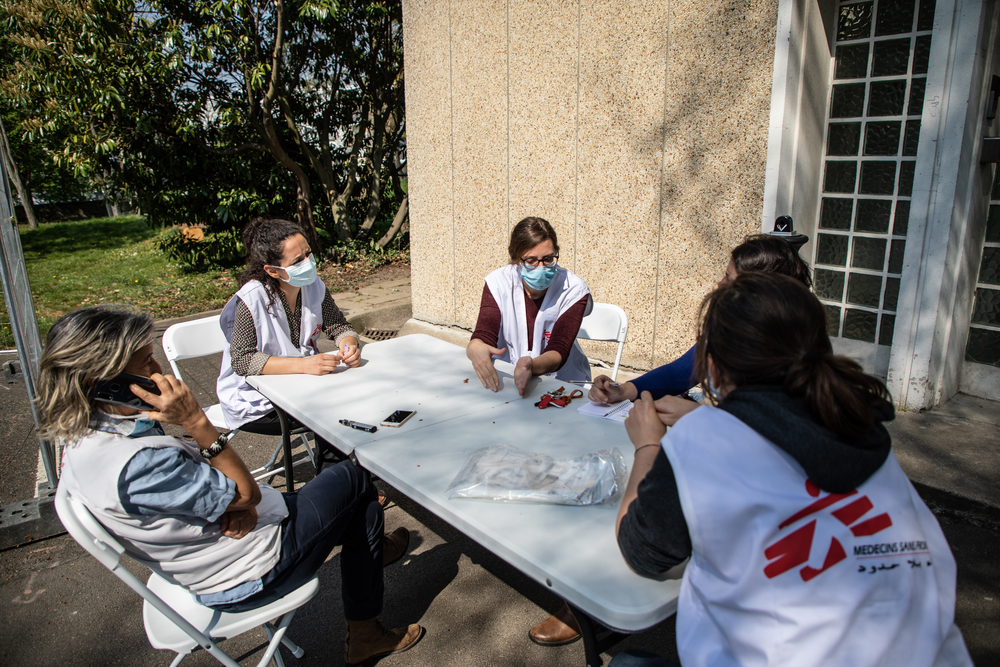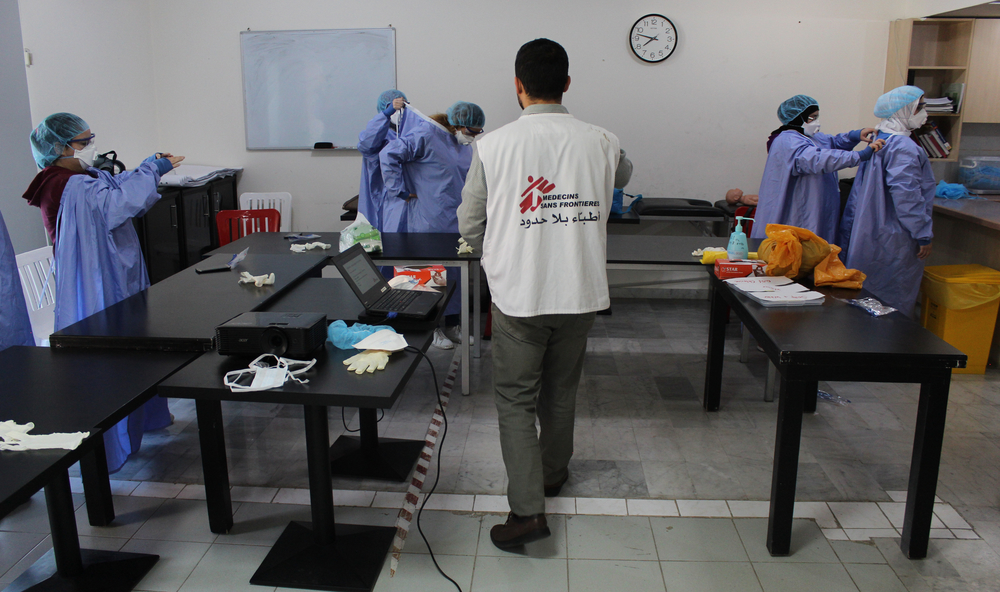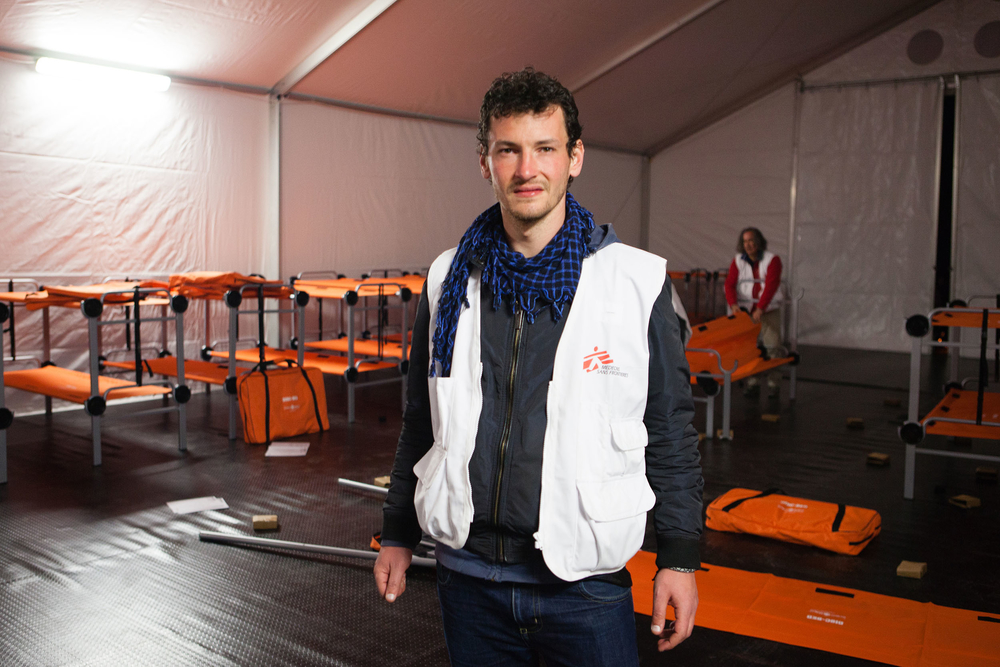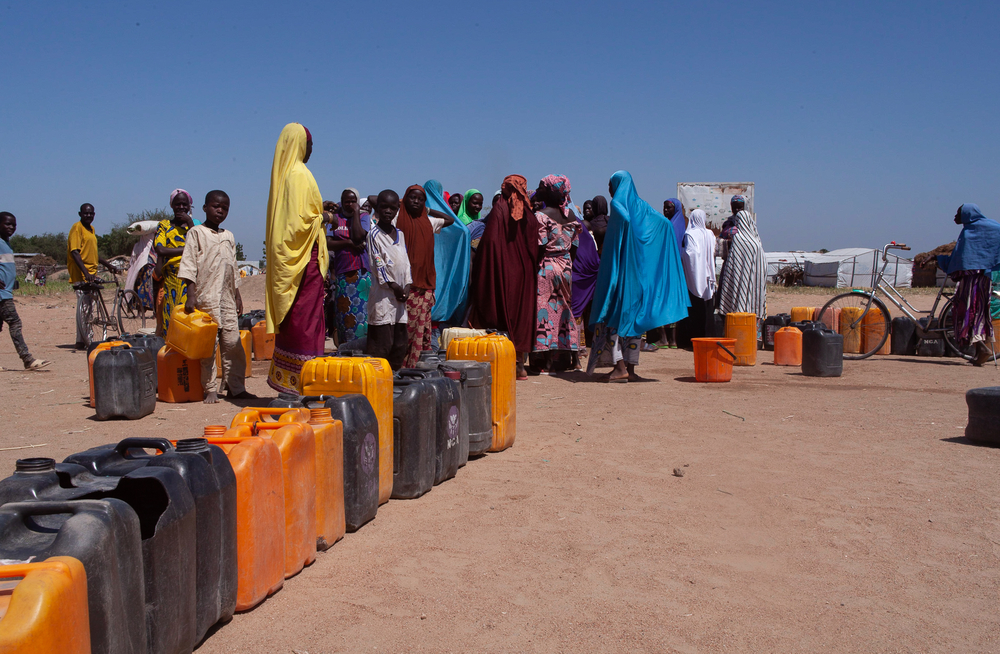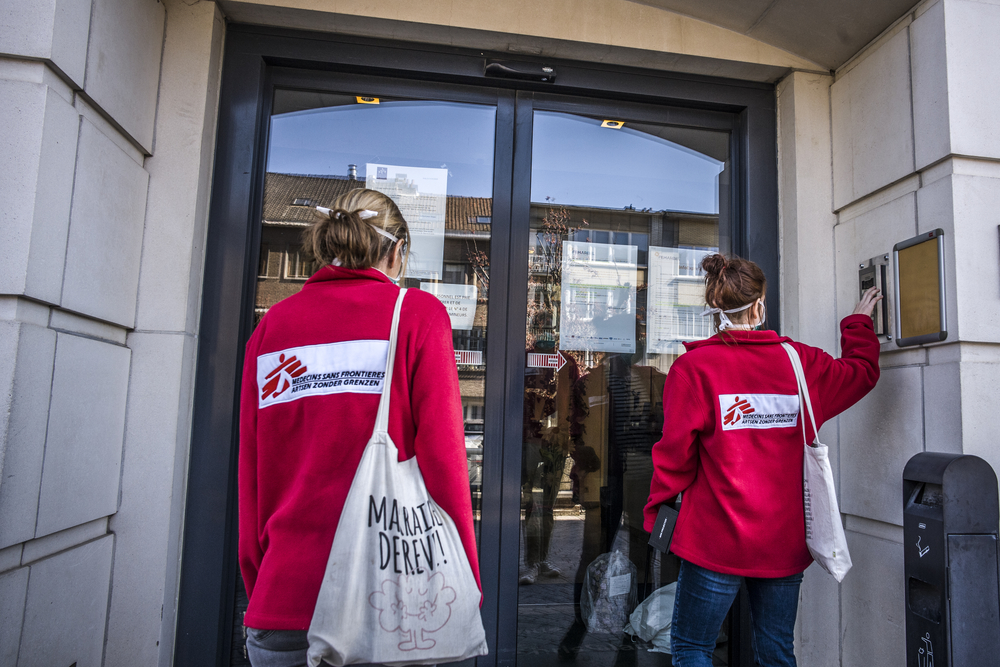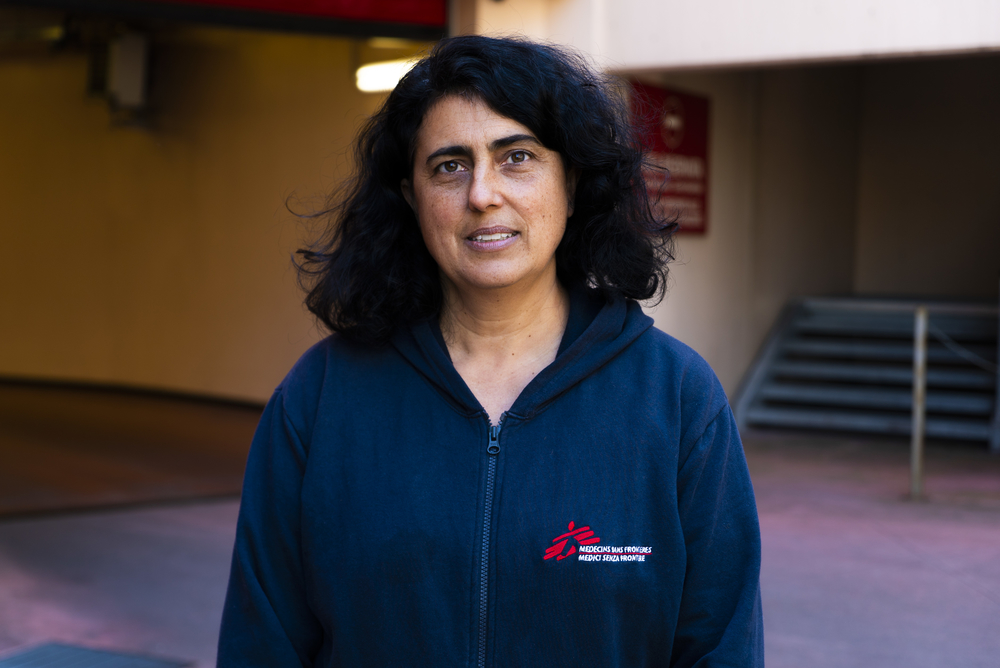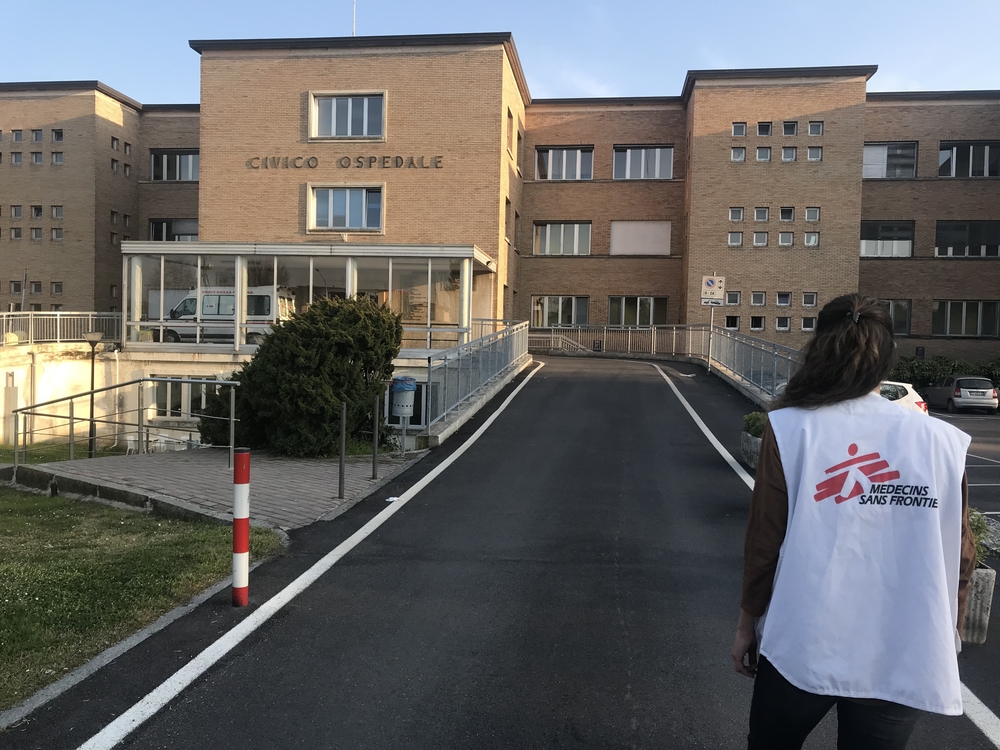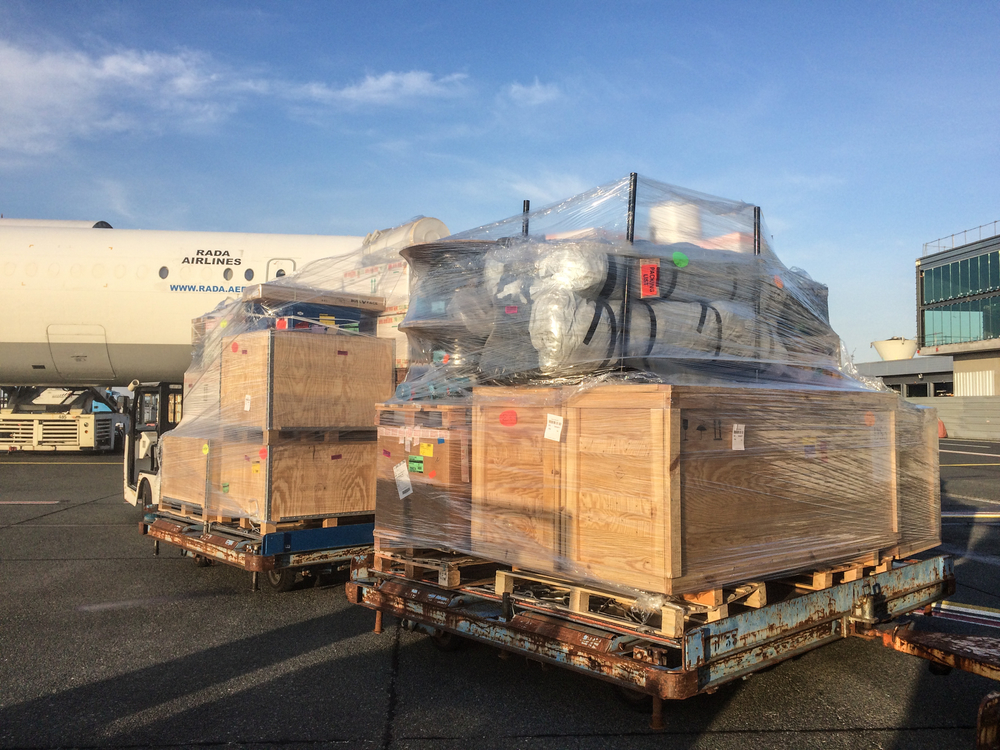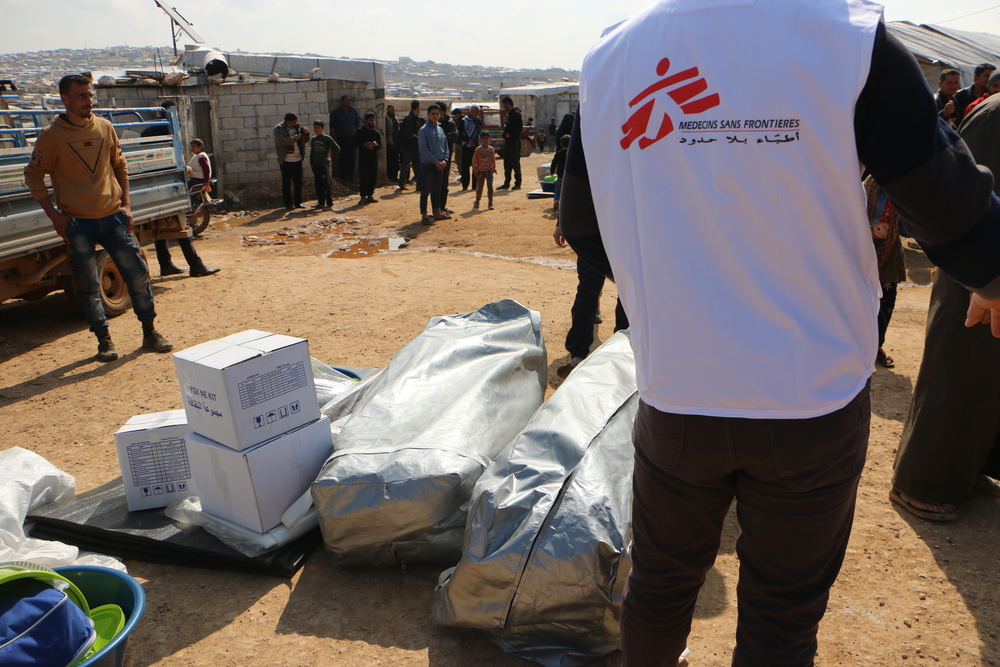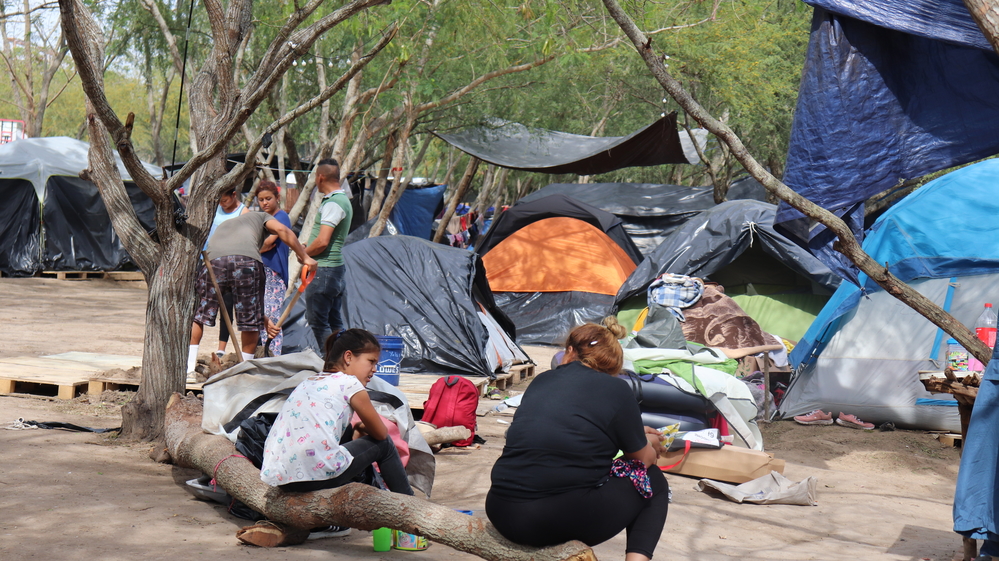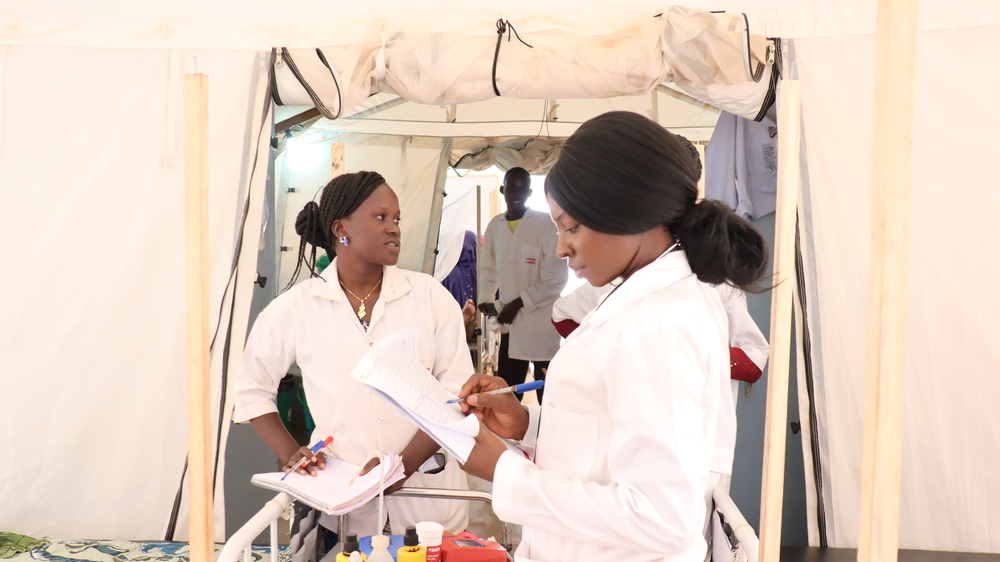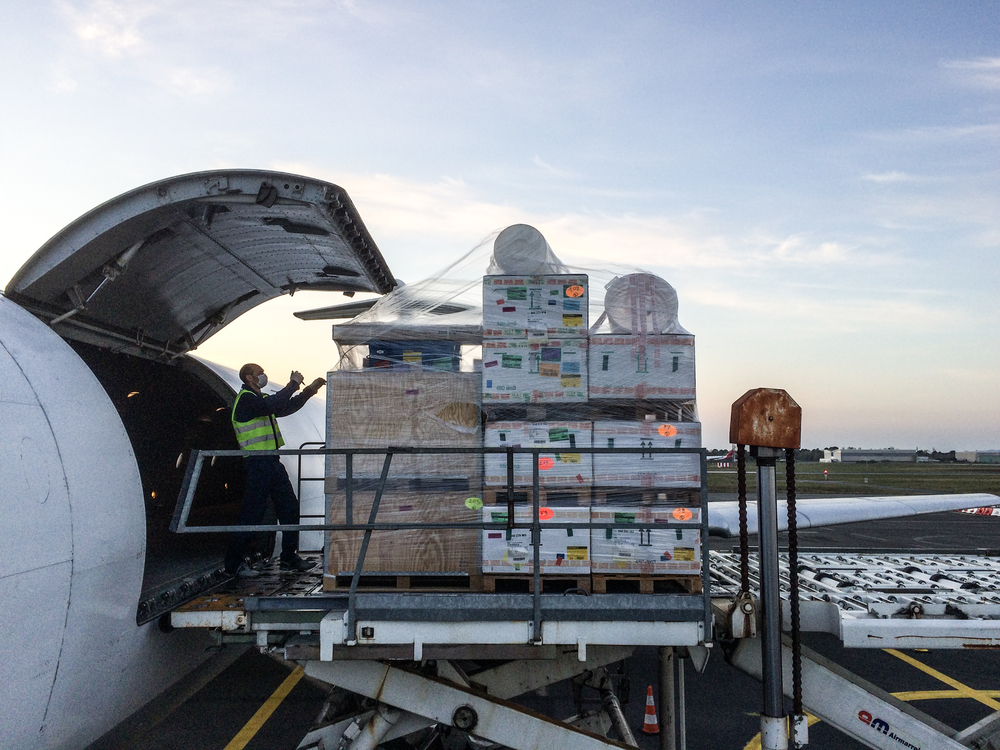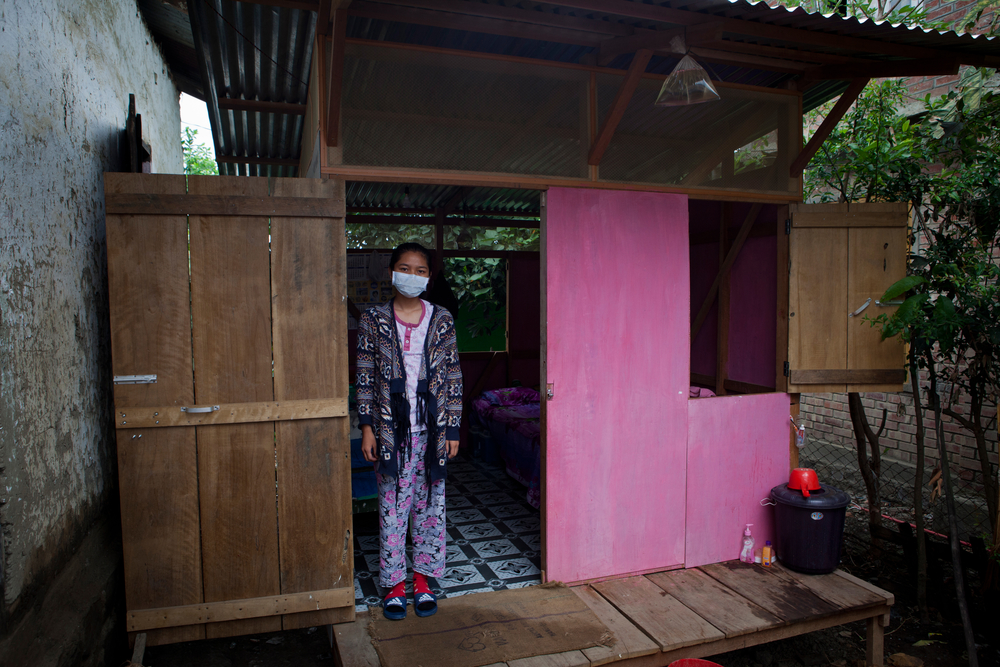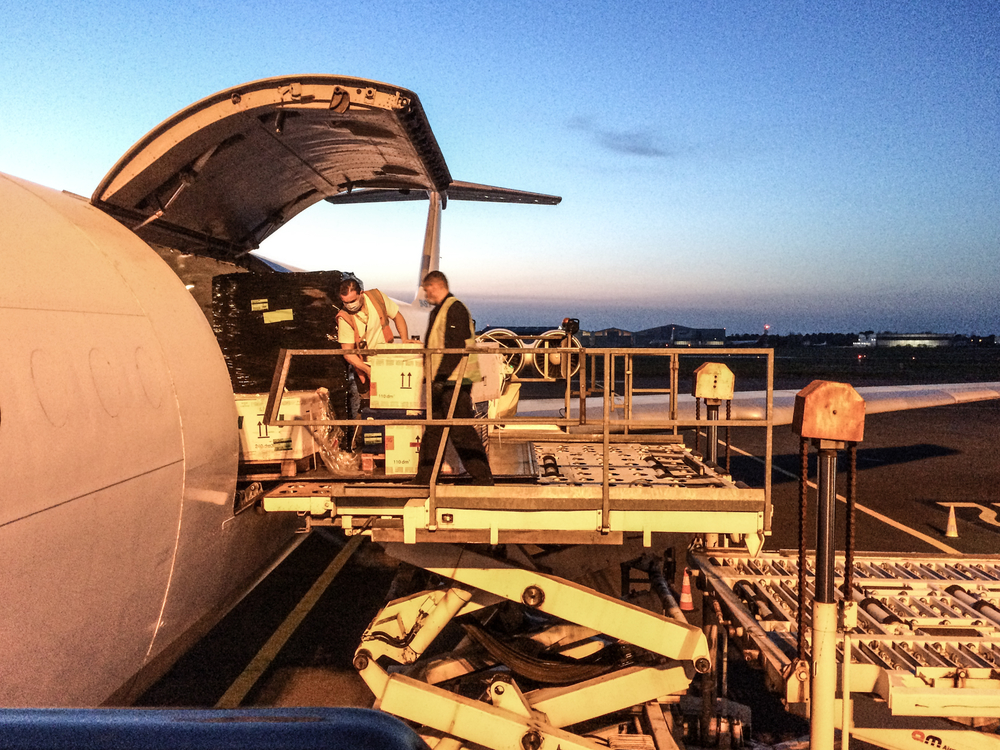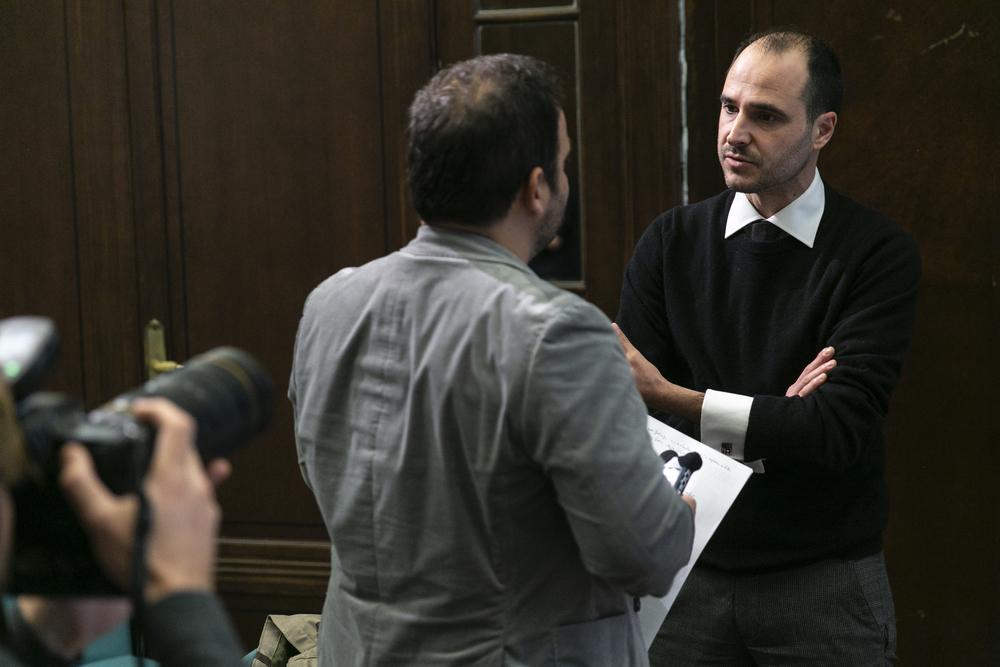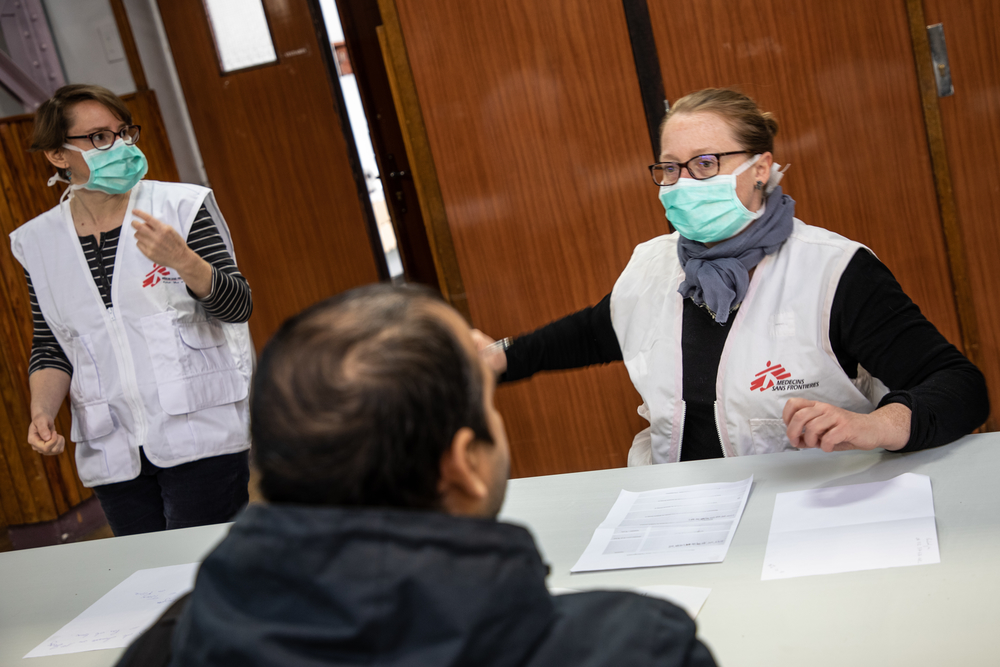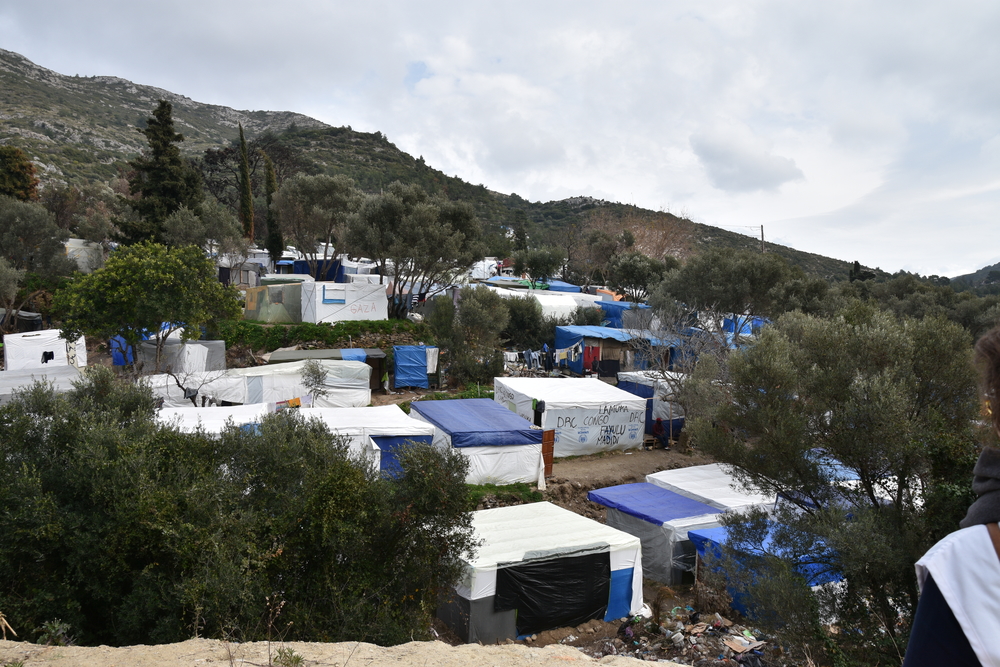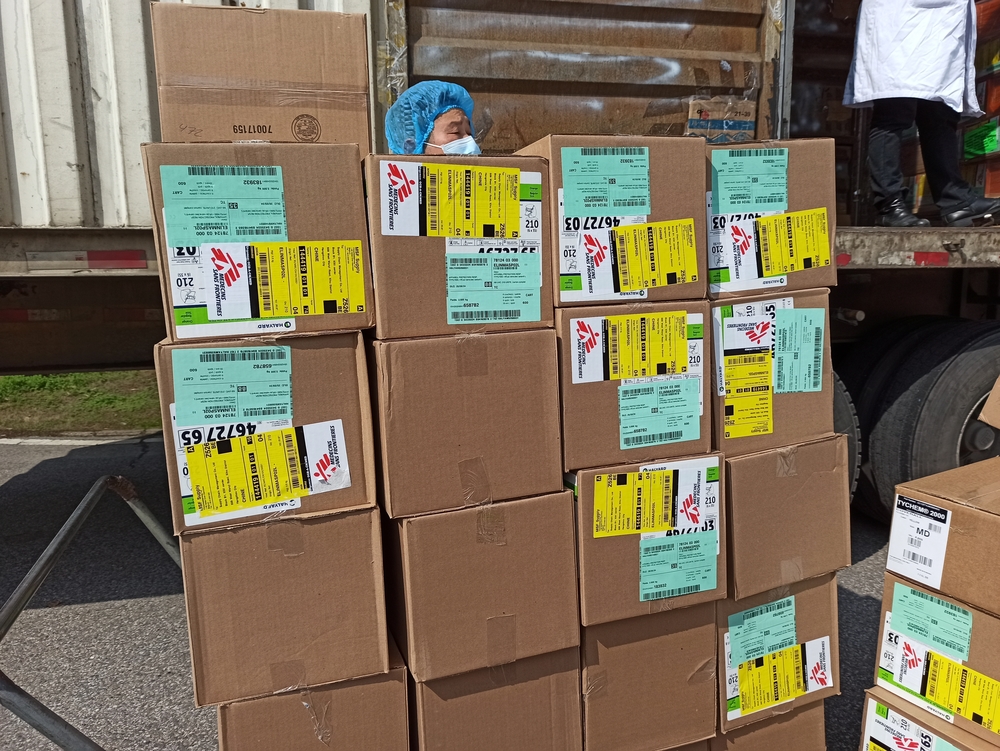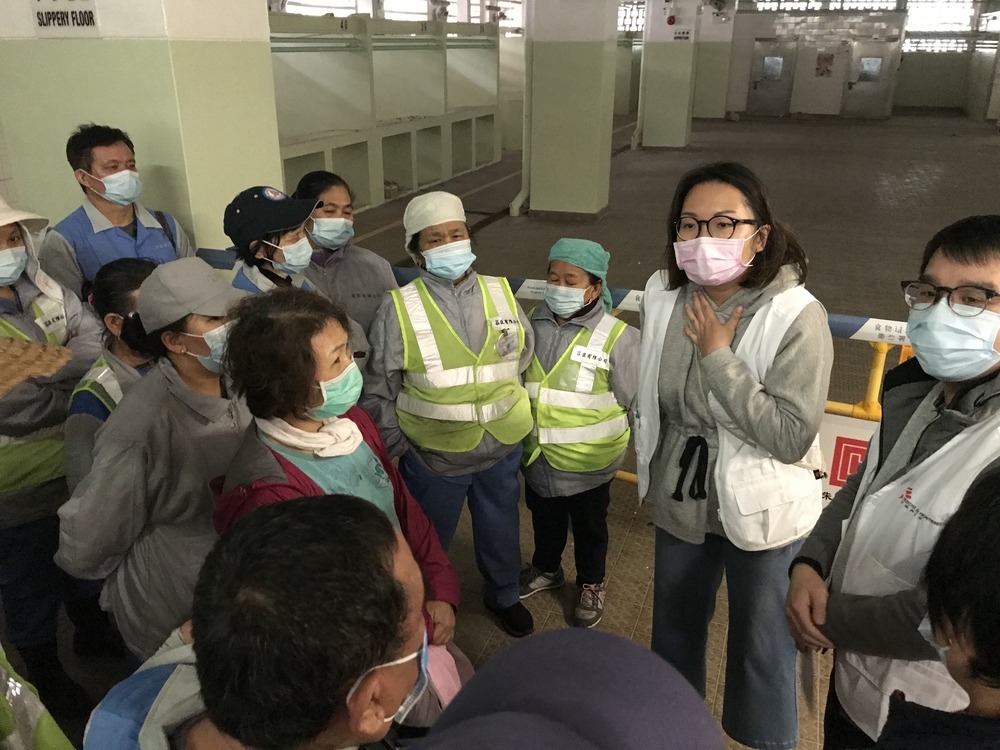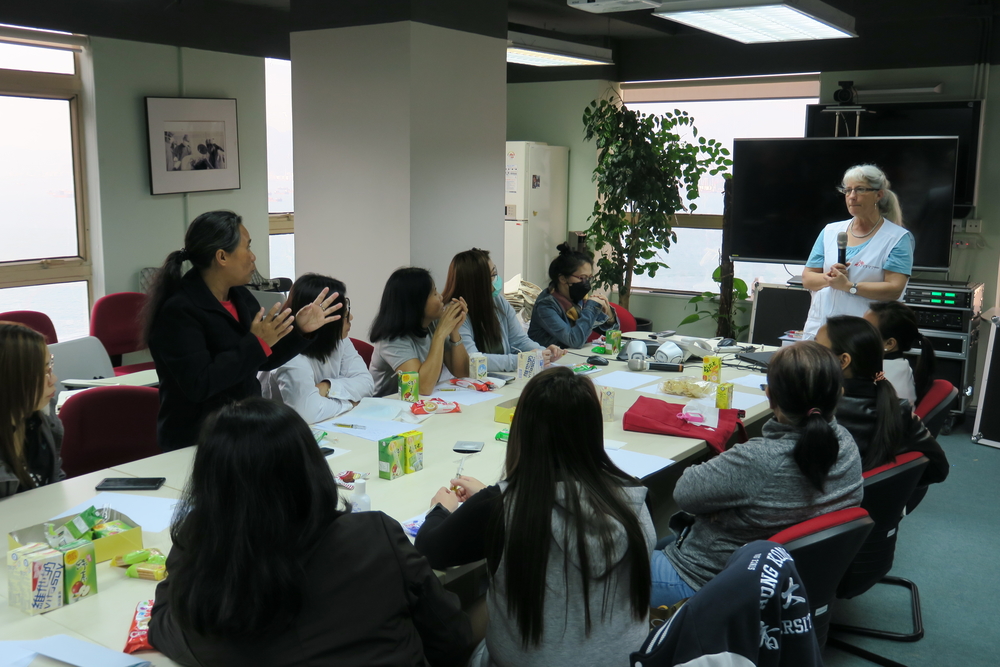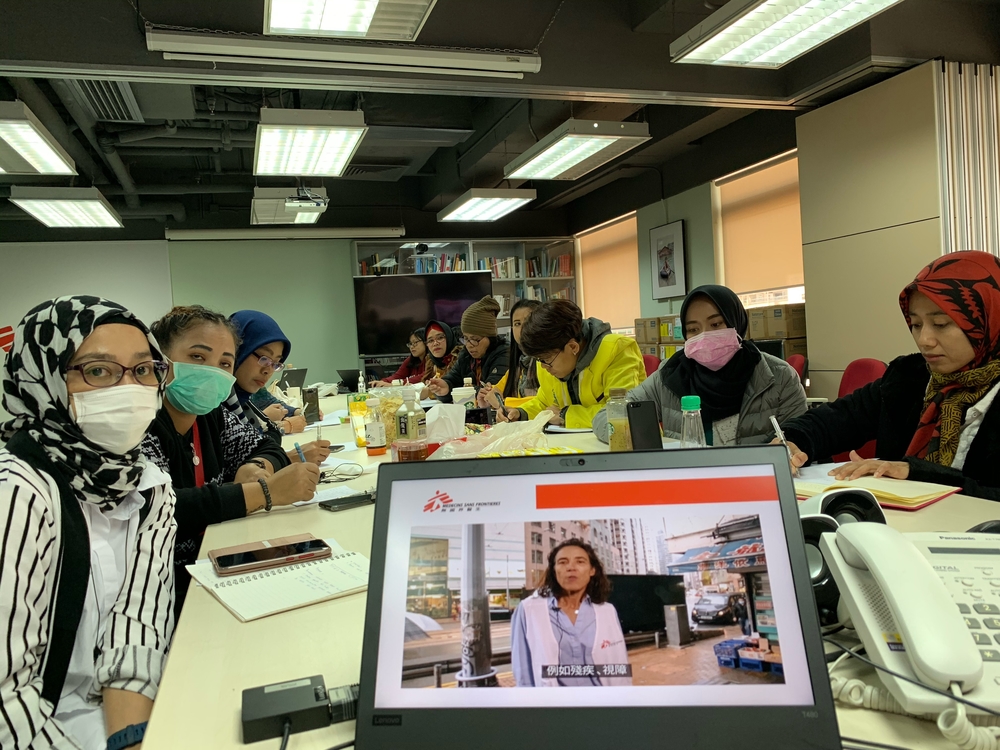Northeast Syria: First confirmed COVID-19 case increases concerns for preparedness
As the first reported death from COVID-19 is confirmed in north-east Syria, Doctors Without Borders/Médecins Sans Frontières (MSF) is concerned about the region’s preparedness and capacity to respond to an outbreak. A weakened health system, delays in testing and border closures makes it near-impossible to adequately respond to a COVID -19 outbreak in the region.
Nine years of conflict and military operations in northeast Syria have left the region with a broken health system. Many health facilities can no longer function and those that remain open were already struggling to respond to the existing medical needs before the COVID-19 outbreak. With the harsh reality of limited supplies and scarce medical staff, several health services and facilities have been forced to close, leaving patients with chronic diseases and compromised immune systems even more vulnerable during this outbreak. MSF believes that the few functional medical facilities in the region could very quickly become overwhelmed with an influx of COVID-19 patients. Many people will be at risk, as the functional health centres would be quickly overwhelmed.
MSF is working in collaboration with local health authorities and other organizations in northeast Syria to prepare for an increase in patients suffering from COVID-19 in the region with a focus from MSF side on Al Hassakeh National Hospital and Al Hol camp. “We are deeply concerned about the lack of laboratory testing, the absence of contact tracing, inadequate hospital capacity to manage patients and limited availability of personal protection equipment (PPE),” says Crystal van Leeuwen, MSF Medical Emergency Manager for Syria. “The response in northeast Syria at this time is not nearly enough. A significant increase in assistance from health actors, humanitarian organizations and donors is essential.”
Concern for displaced in camps
MSF is particularly concerned about the conditions in camps across the region where people are living in cramped, congested spaces, with little or no access to medical services or clean water. In Al Hol camp, where MSF started providing medical and humanitarian assistance in January 2019, the overcrowded camp now houses around 65,000 people, none of whom are allowed to leave. Ninety-four per cent of them are women and children.
According to local health authorities in northeast Syria, there has been one patient with COVID-19 confirmed in the region, although the sharing of the test results was delayed by two weeks. By the time the results were received, the patient had passed away. Currently, the only testing capacity available for the northeast region is through the Central Reference Laboratory in Damascus and challenges exist in getting patients with suspected COVID-19 tested and with receiving timely feedback on results. “The lack of reliable and timely testing capacity in the region makes it nearly impossible to detect cases at an early stage, significantly hindering the ability to slow transmission within communities early on, when it is most important,” adds van Leeuwen.
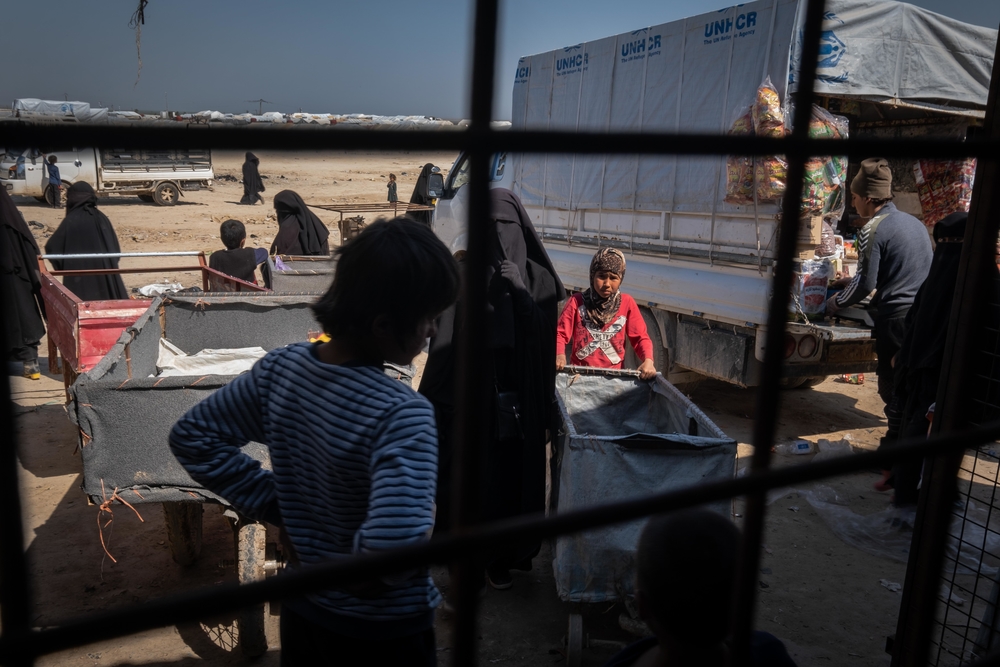
Significant challenges exist in ensuring that supplies and humanitarian personnel can enter northeast Syria through north-west Iraq. “We respect the COVID-19 measures put in place by the authorities in Iraqi Kurdistan; however, exemptions and facilitation must be granted to humanitarian workers to ensure that appropriate levels of support reach northeast Syria,” says Will Turner, MSF Emergency Manager. “Much of the humanitarian support to northeast Syria is reliant on passing through Iraqi Kurdistan. We have much needed additional supplies and medical staff ready to travel, but we lack the guarantees that they can enter Iraqi Kurdistan and move on into northeast Syria.”
MSF stands ready to support a COVID-19 response in northern Syria and Iraq however, its response remains limited as long as timely access is not granted. MSF urges authorities in Iraqi Kurdistan and northeast Syria to facilitate timely access for humanitarian organisations, including for humanitarian cargo and international staff to travel to and enter into both countries.
